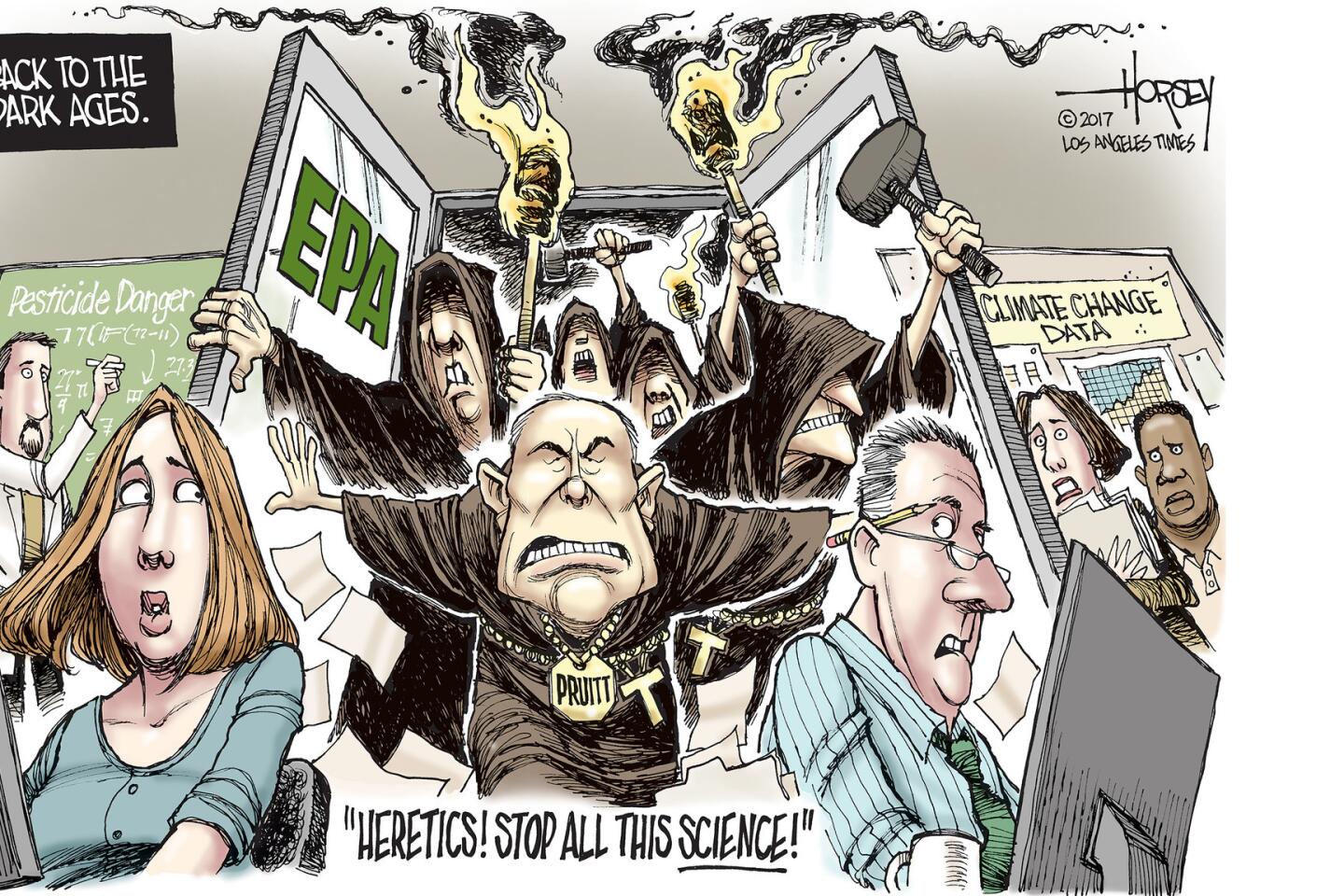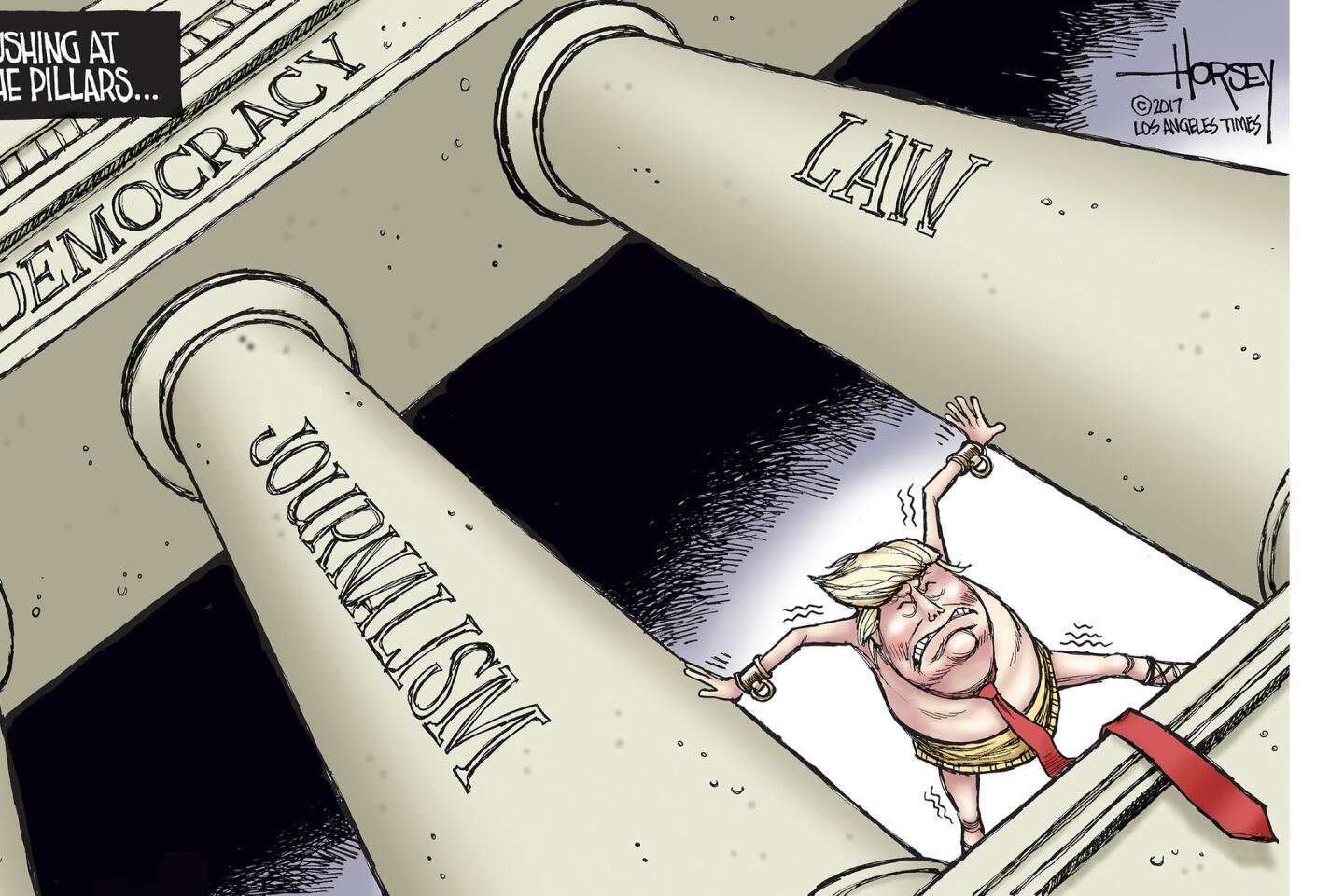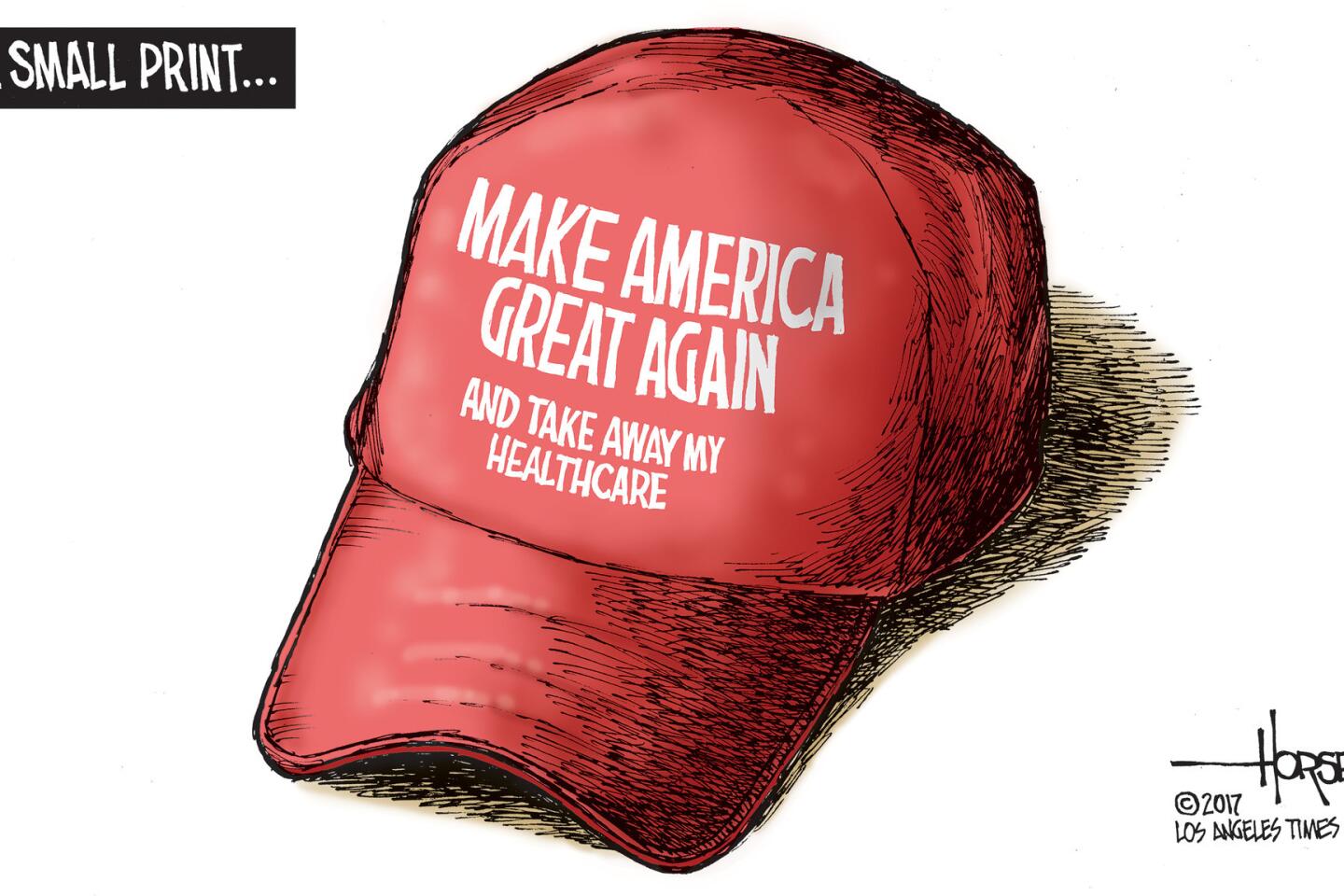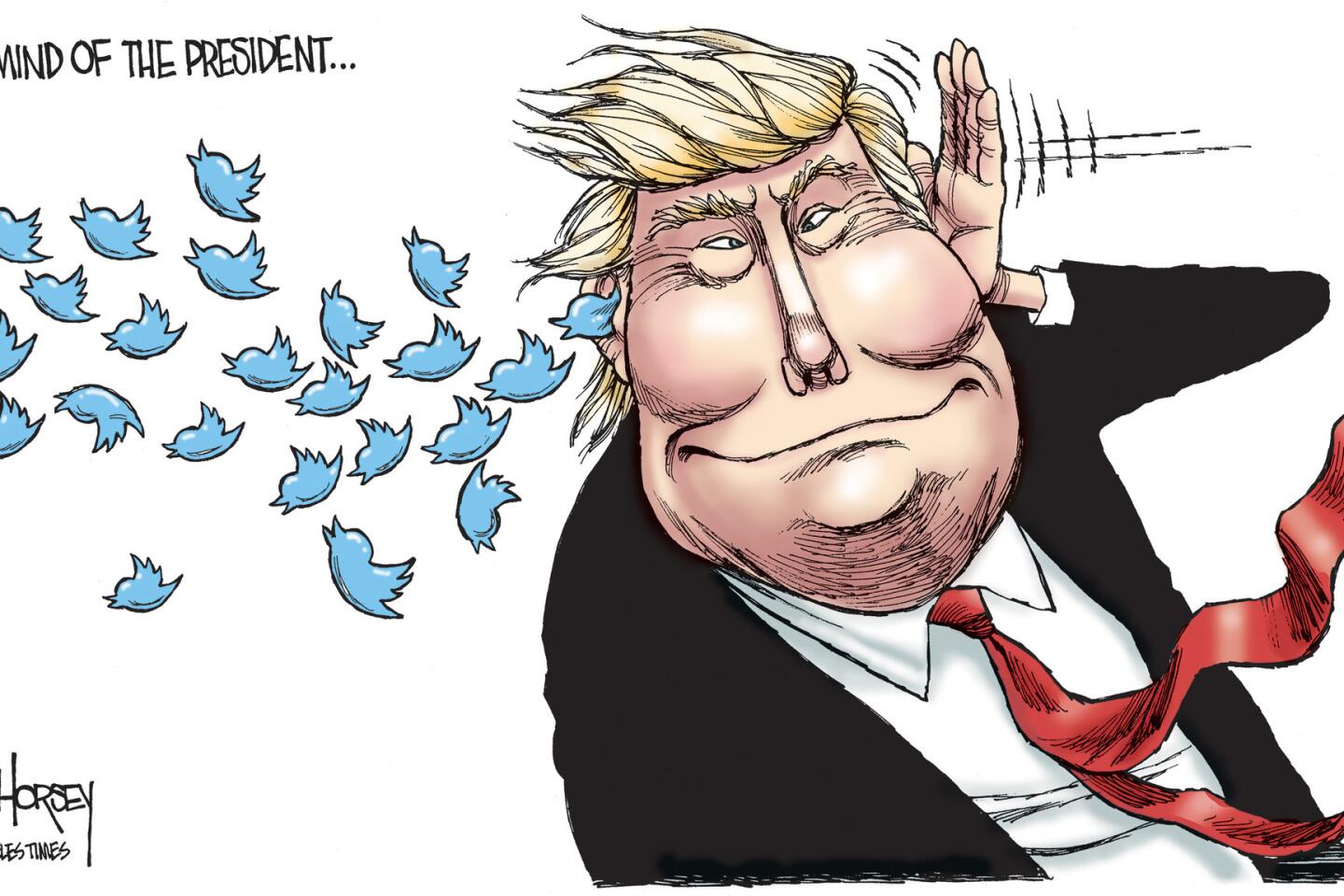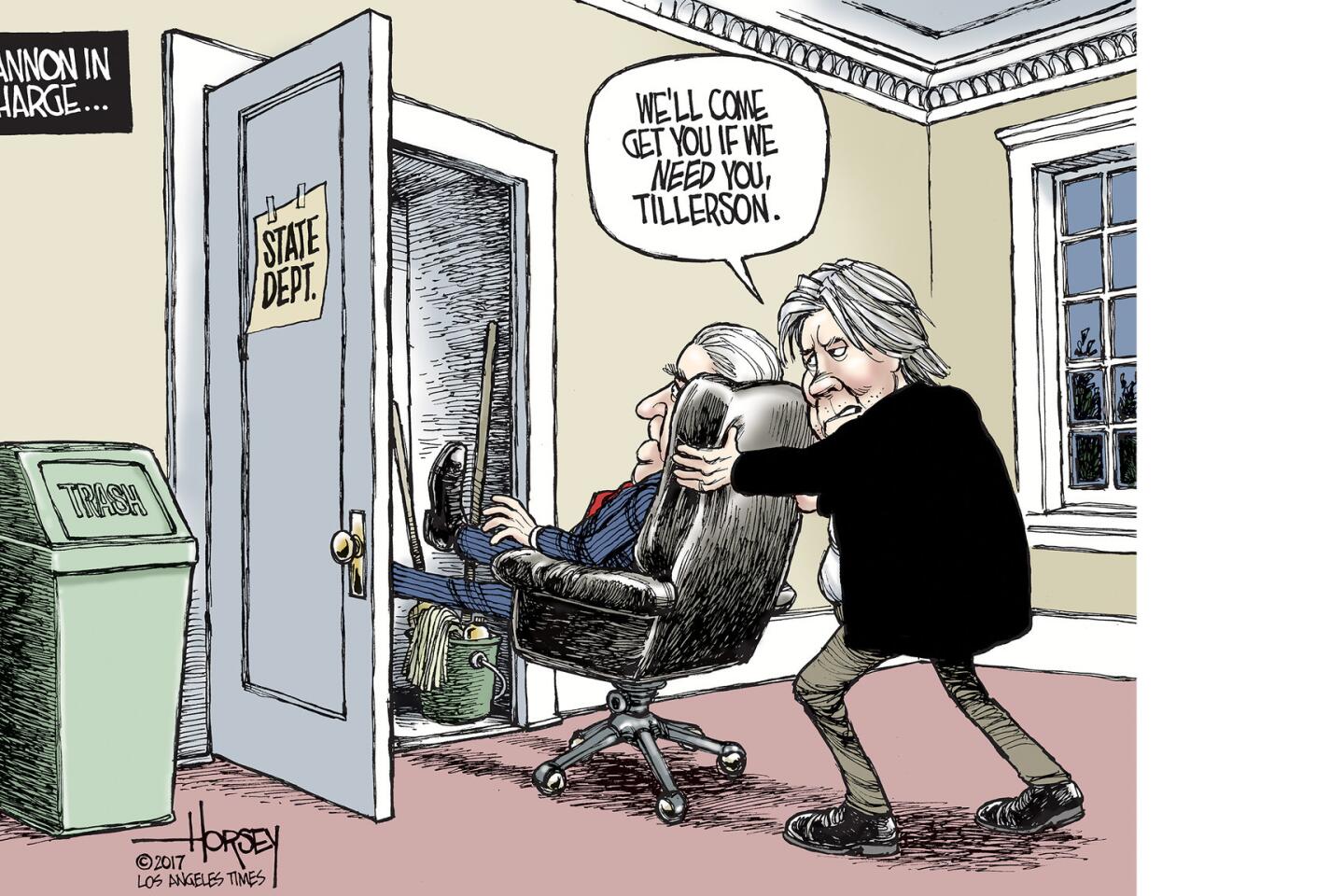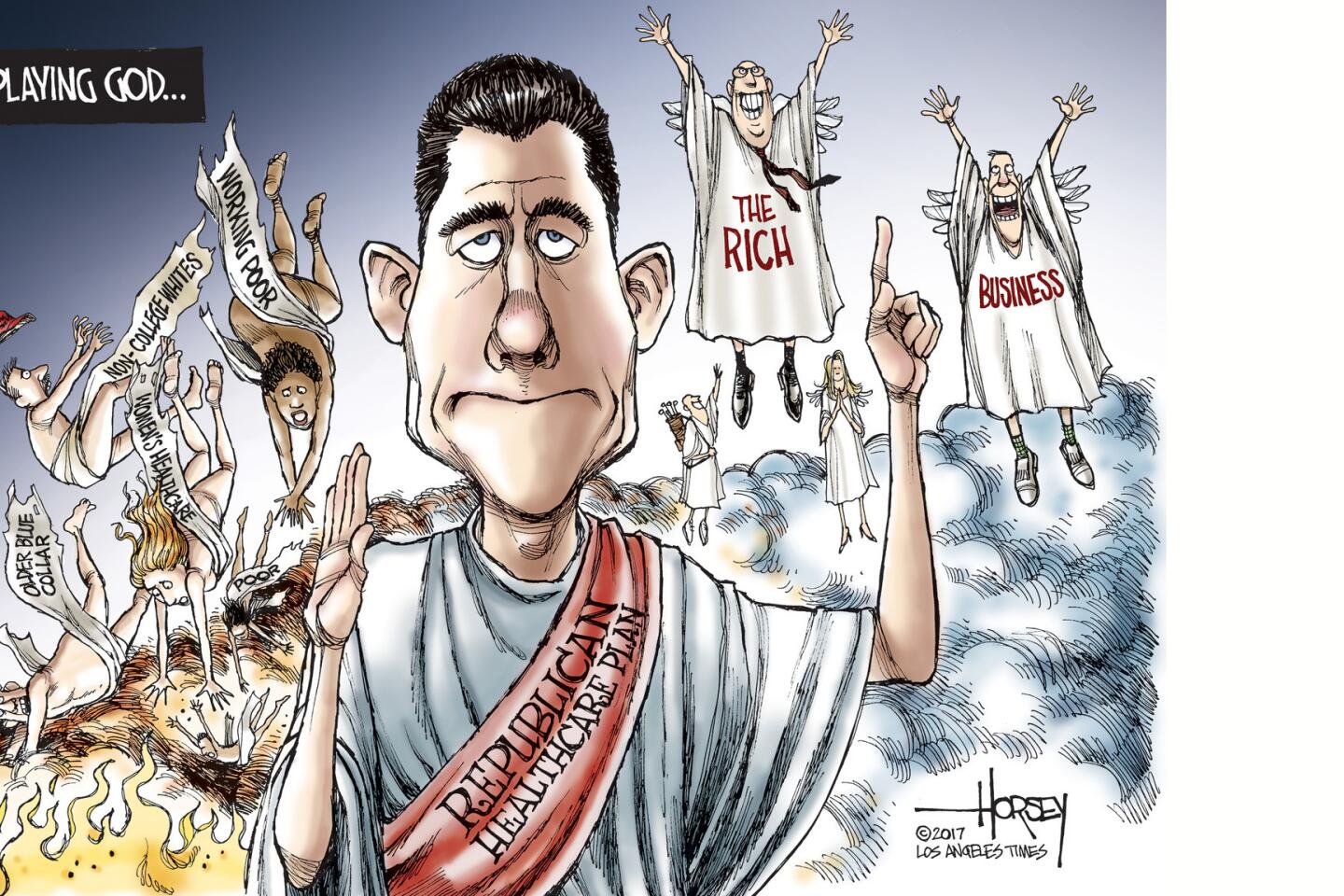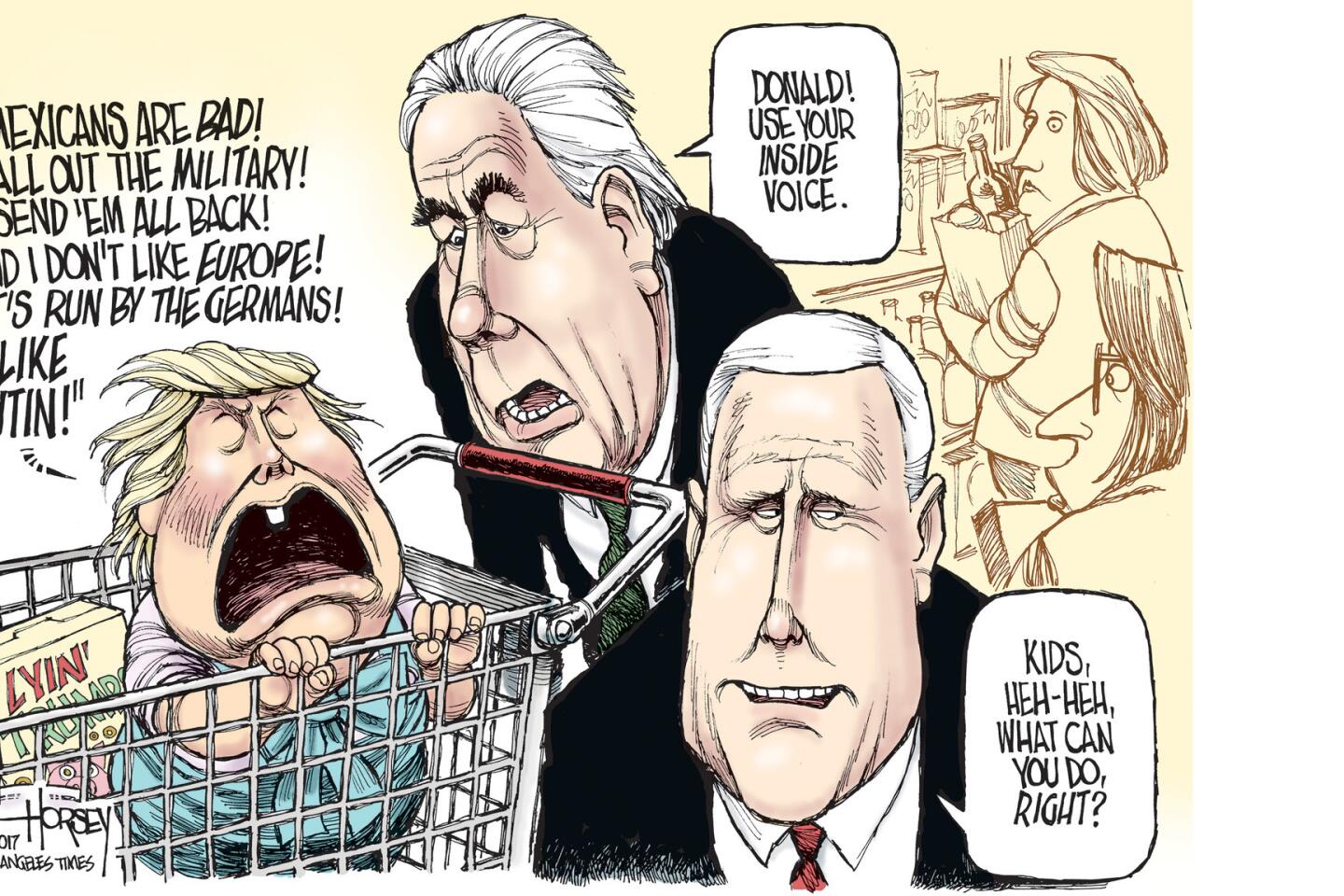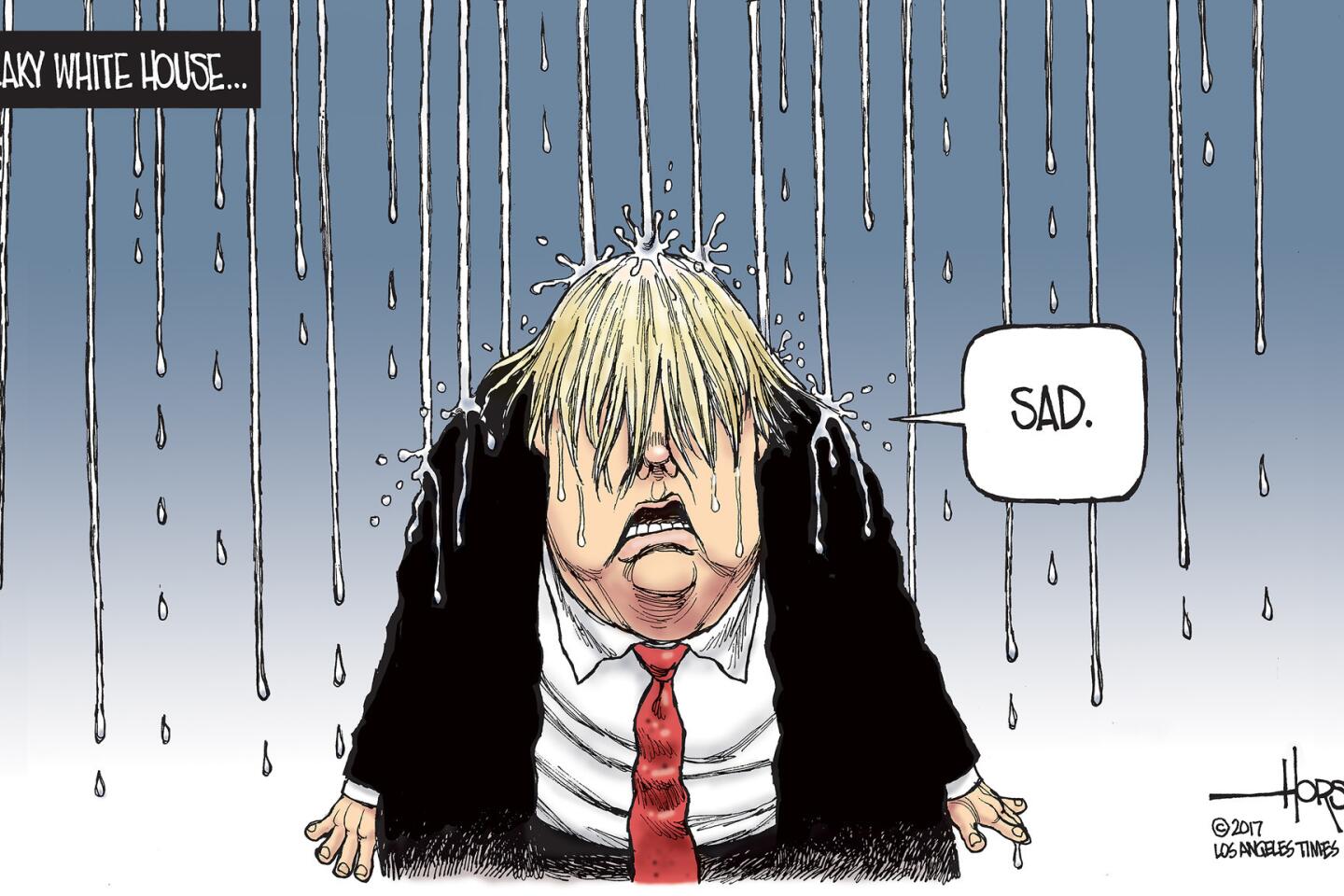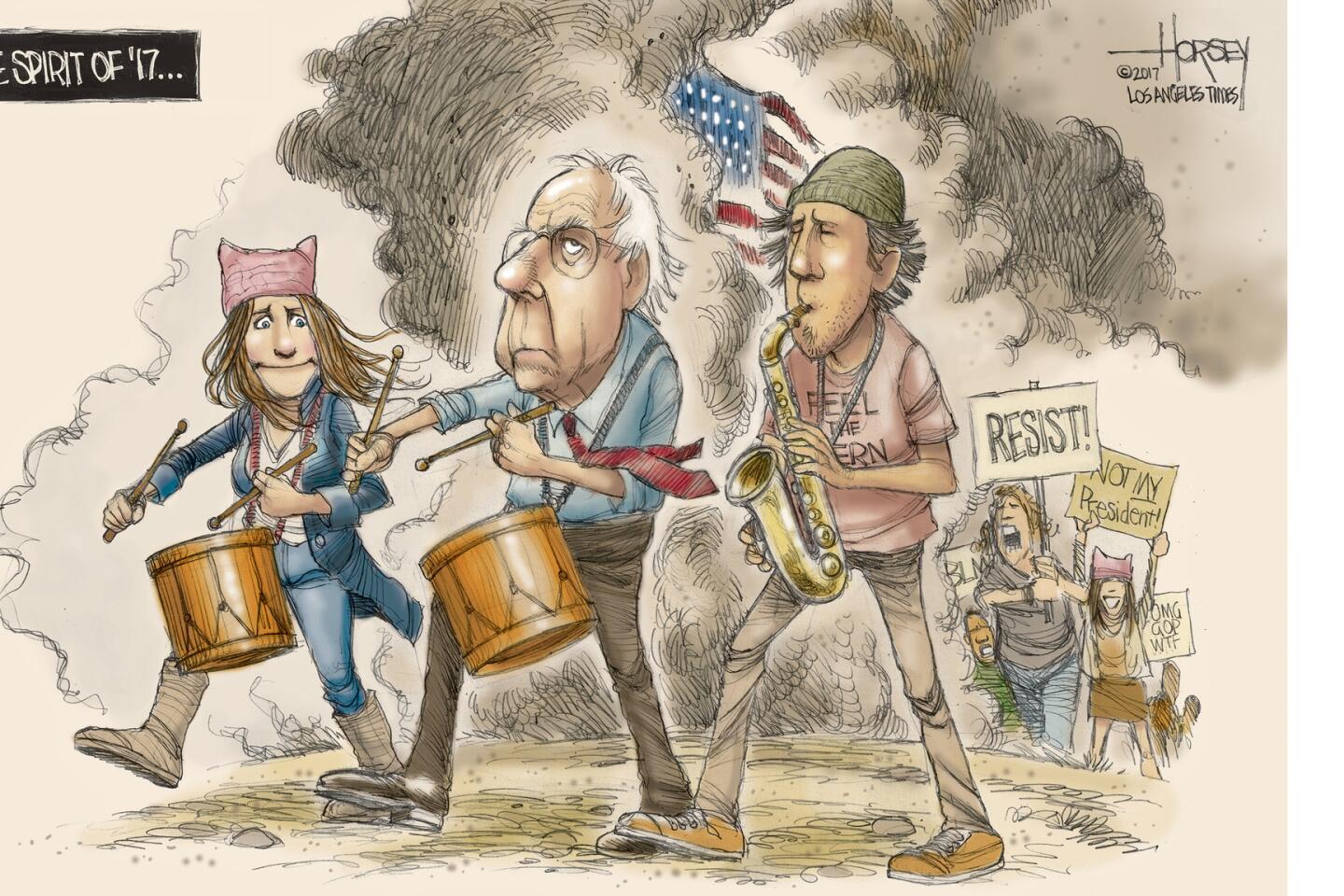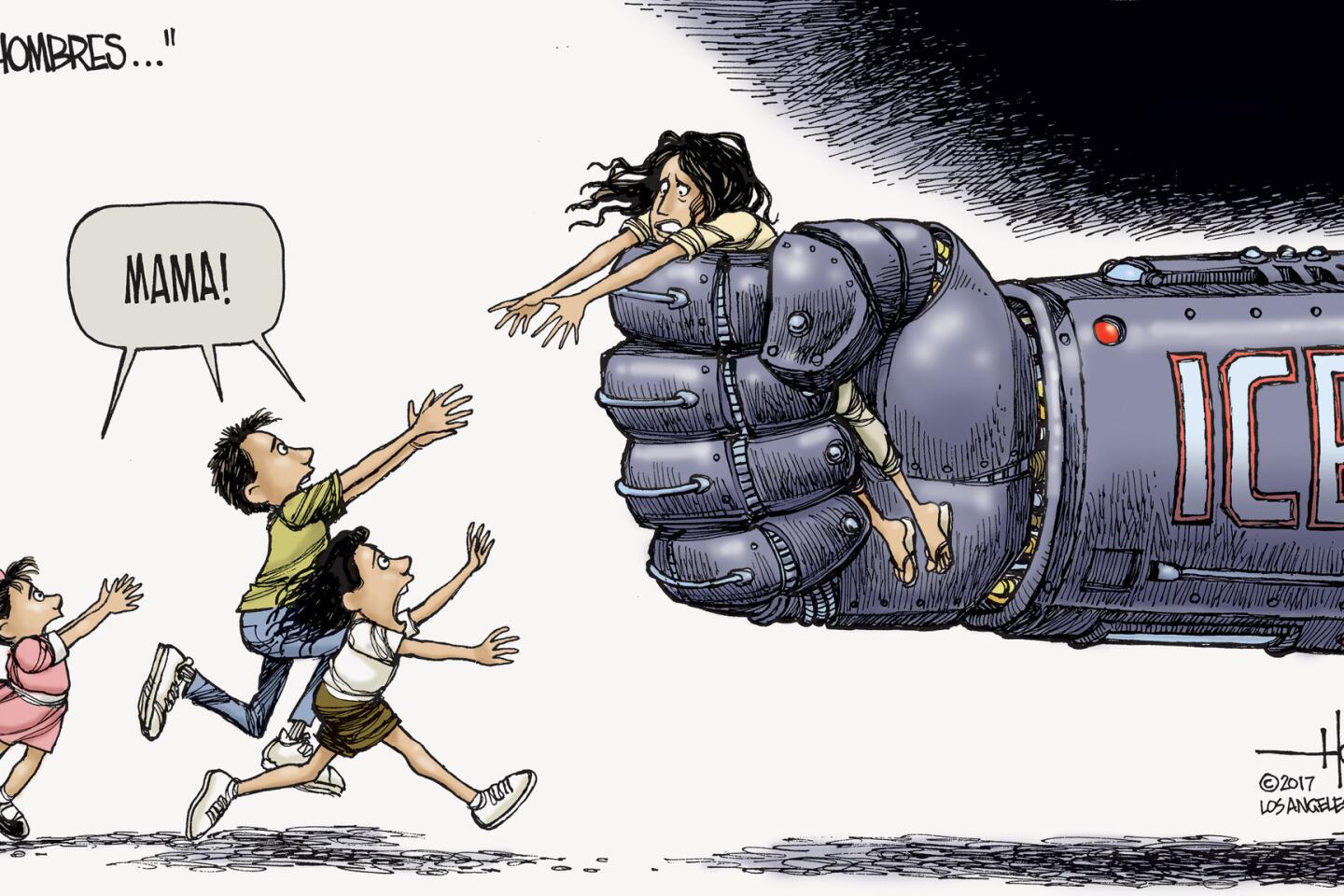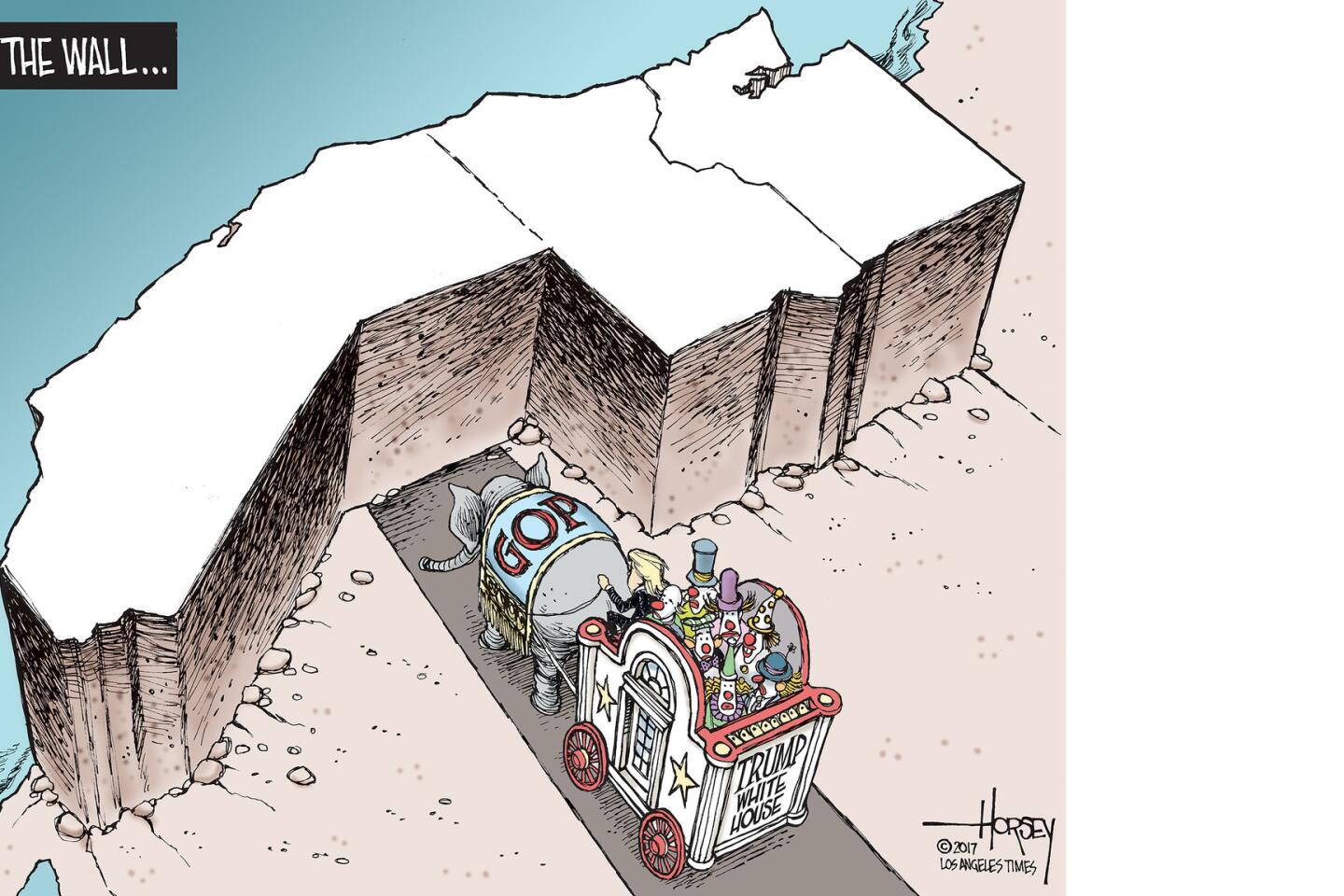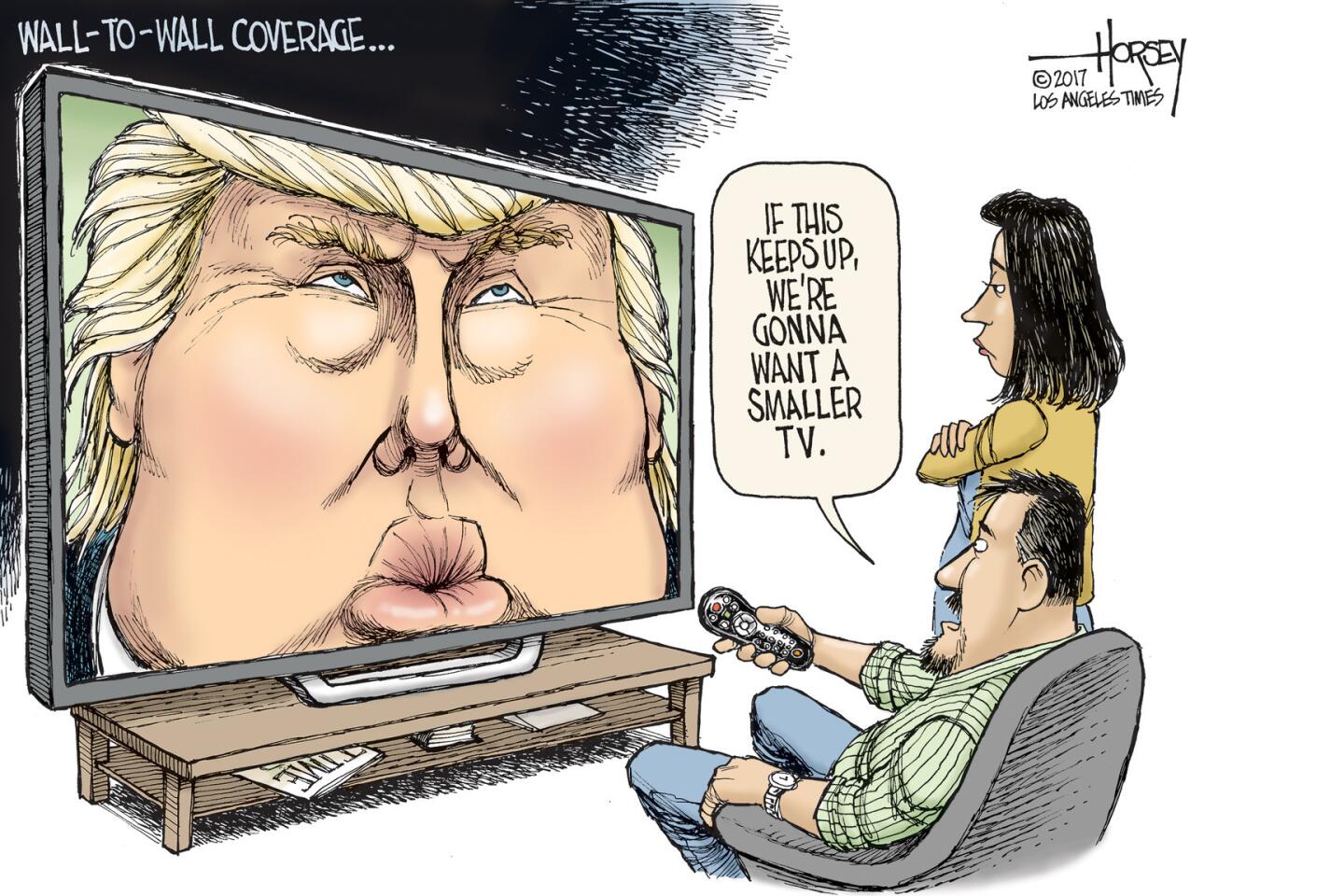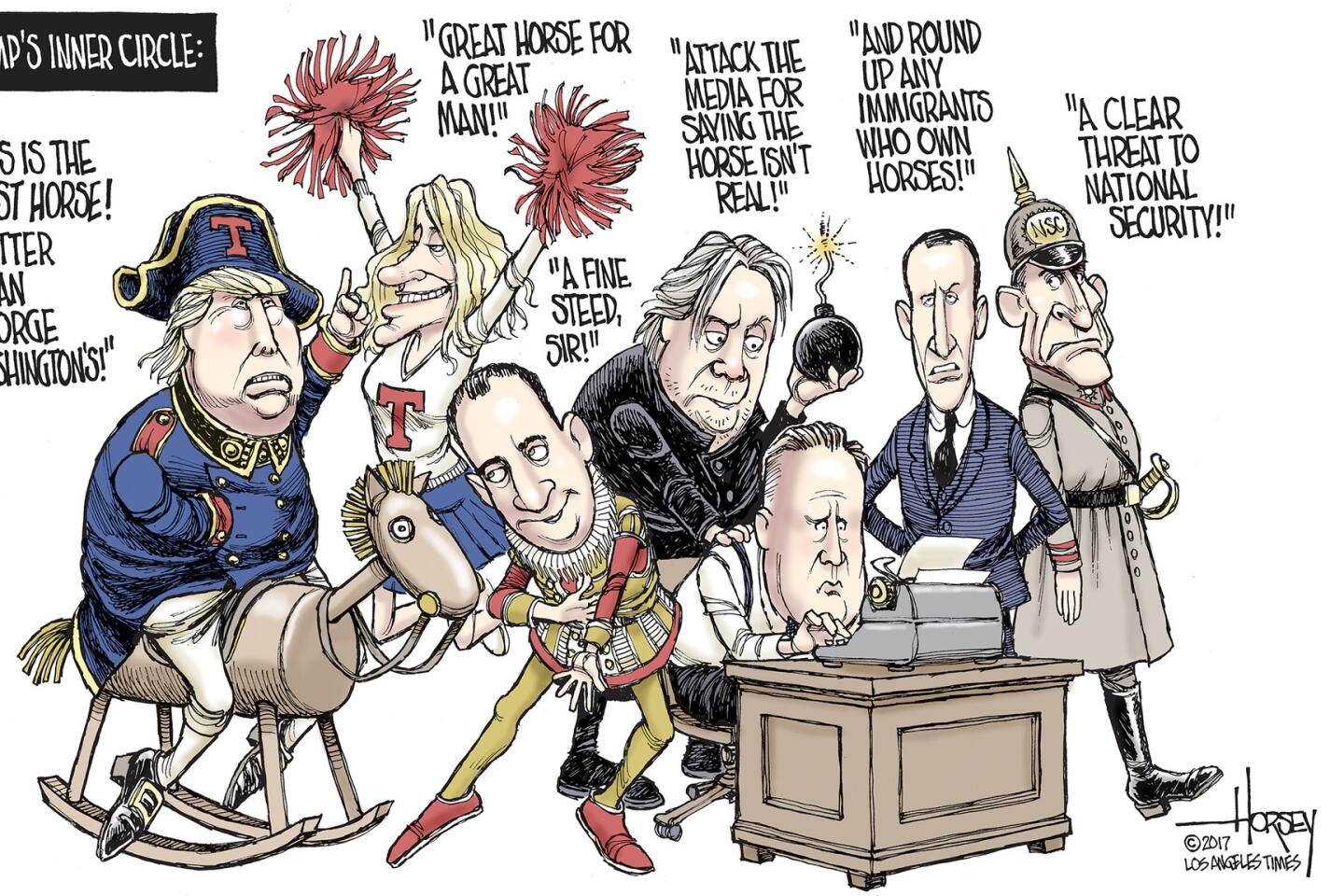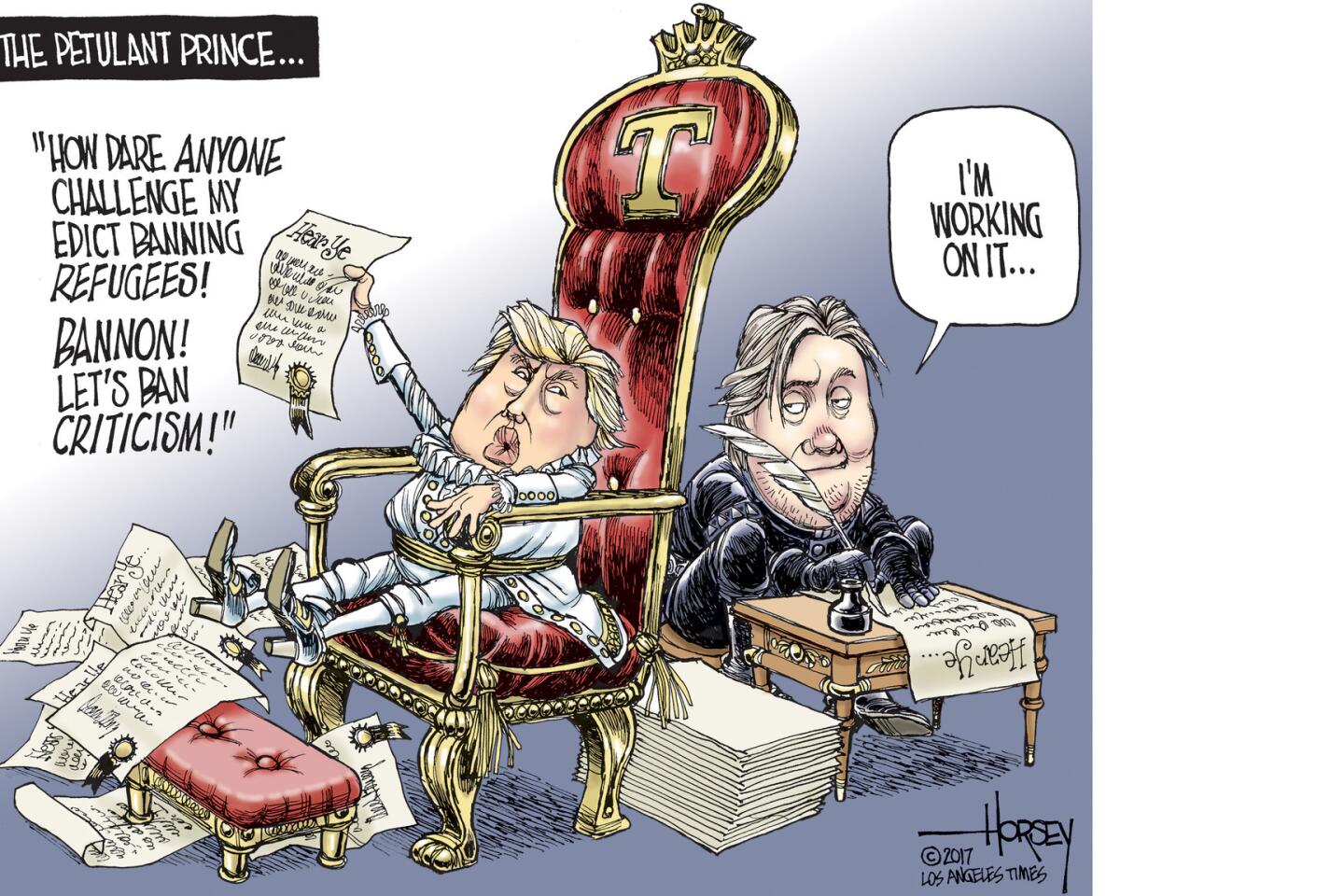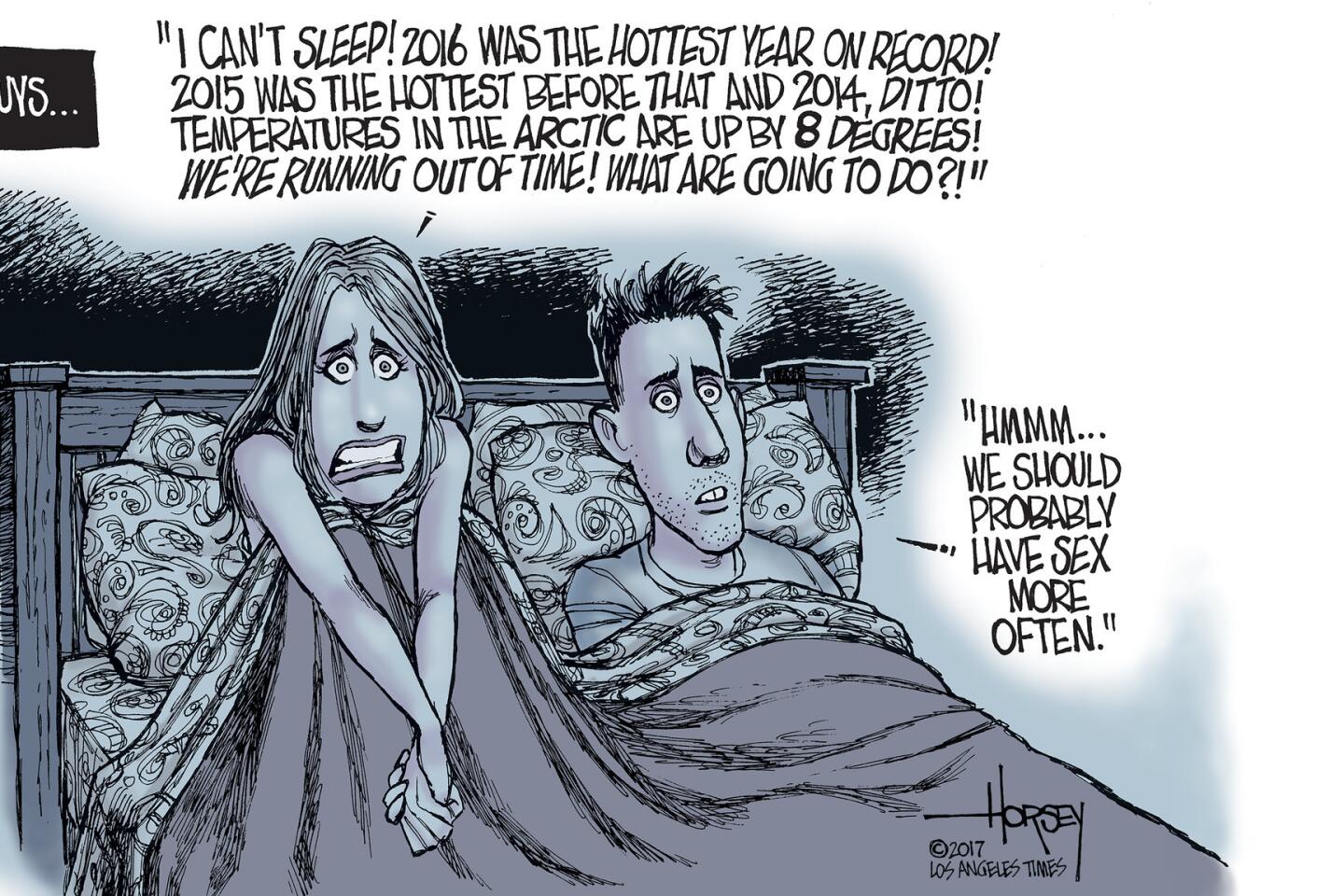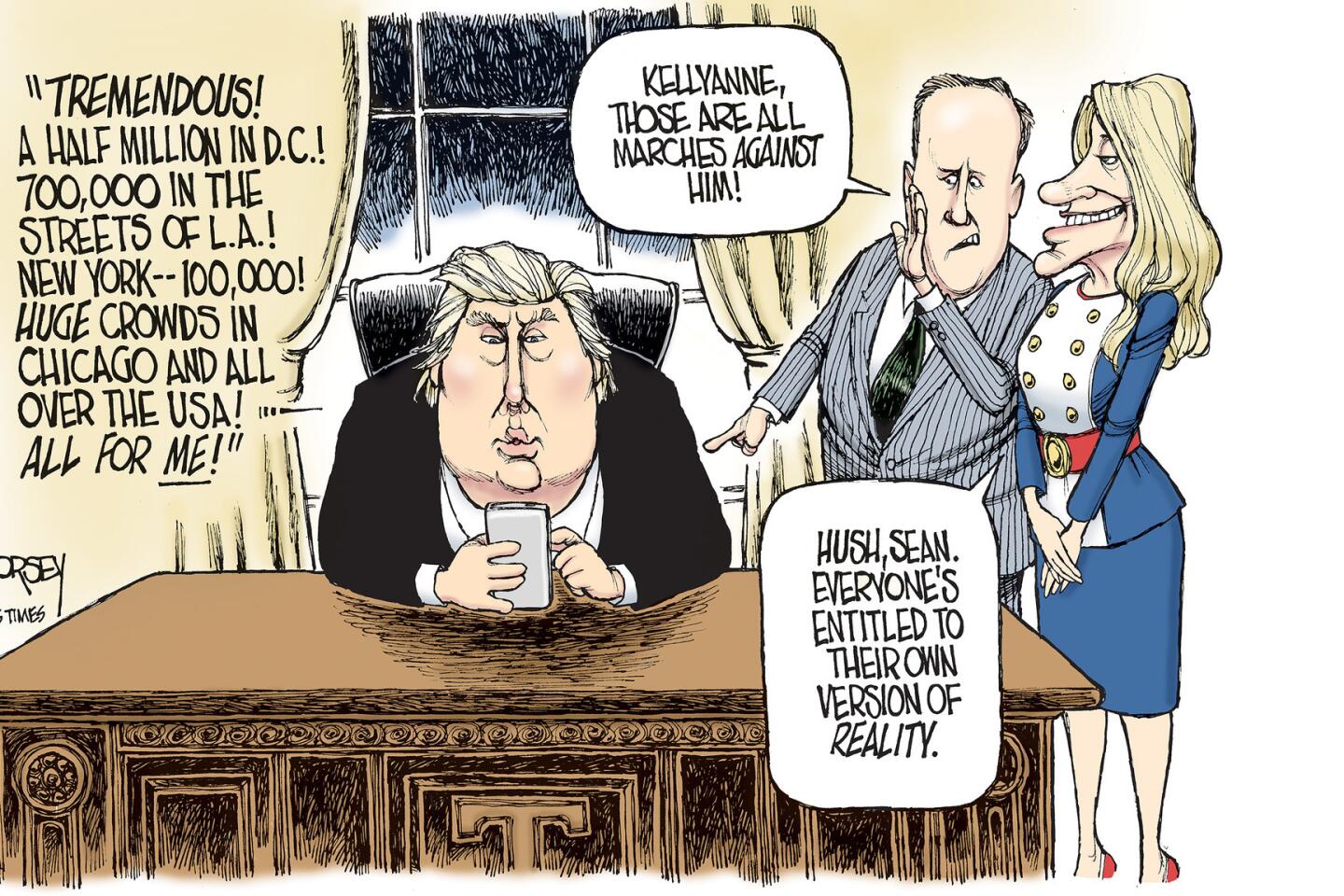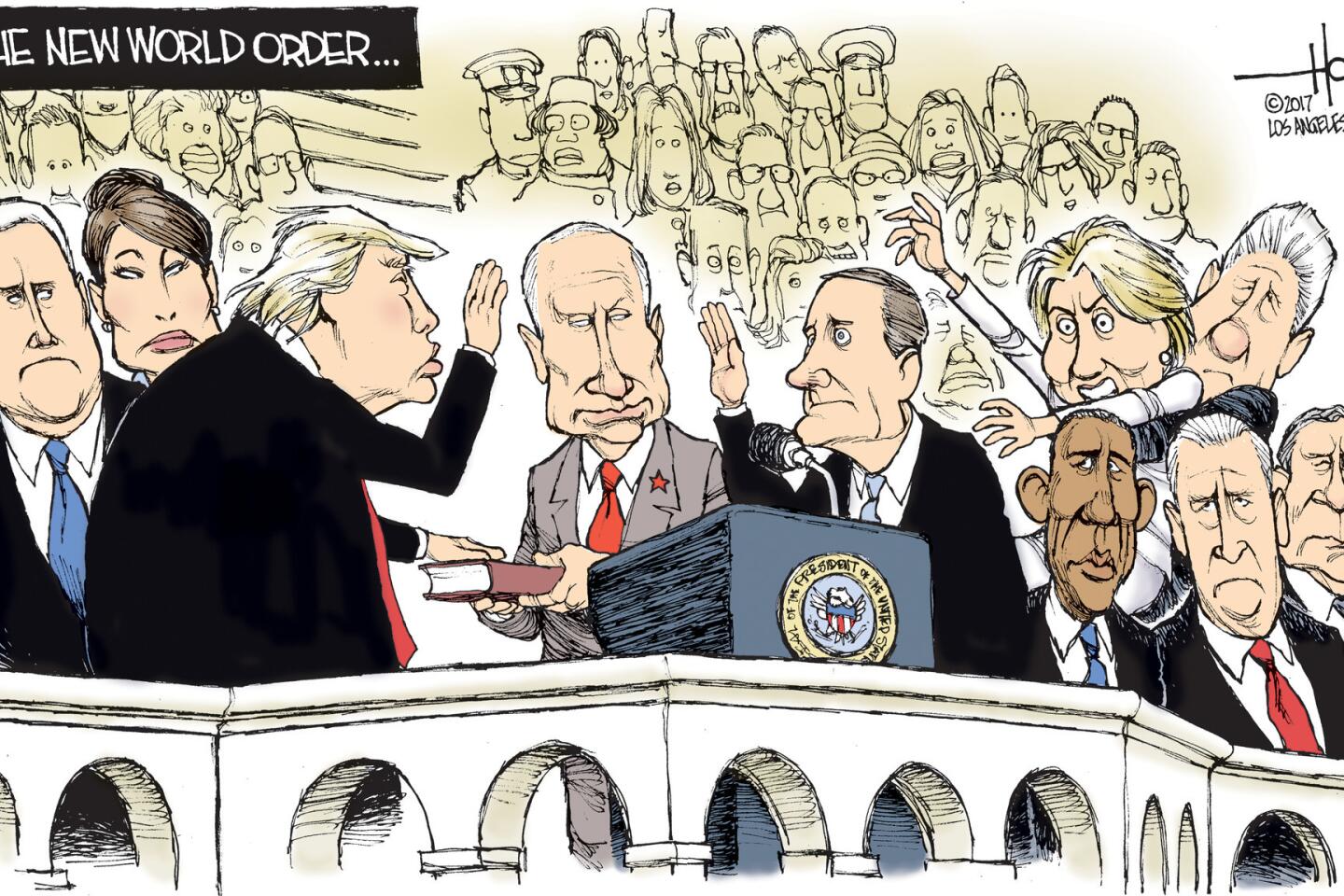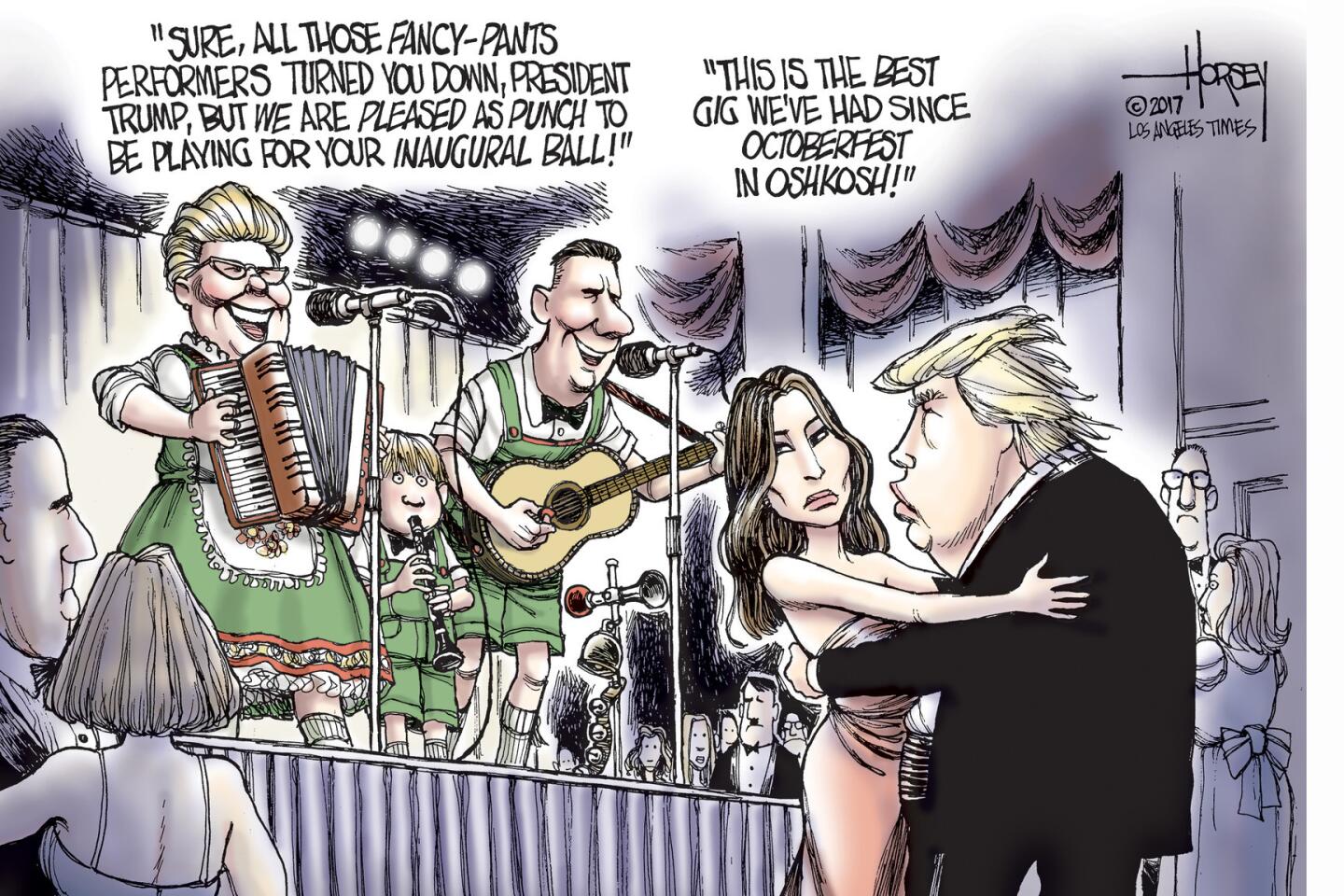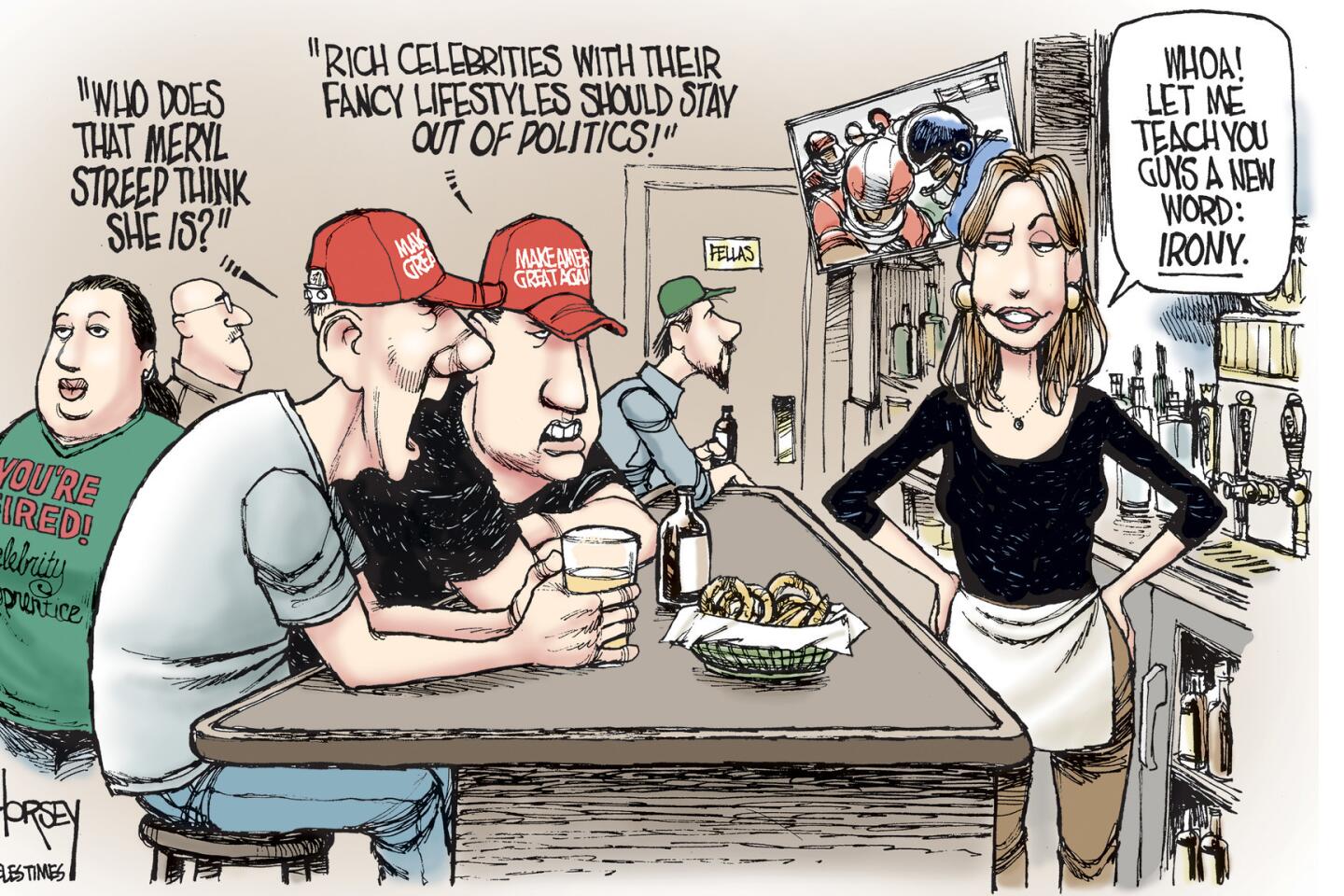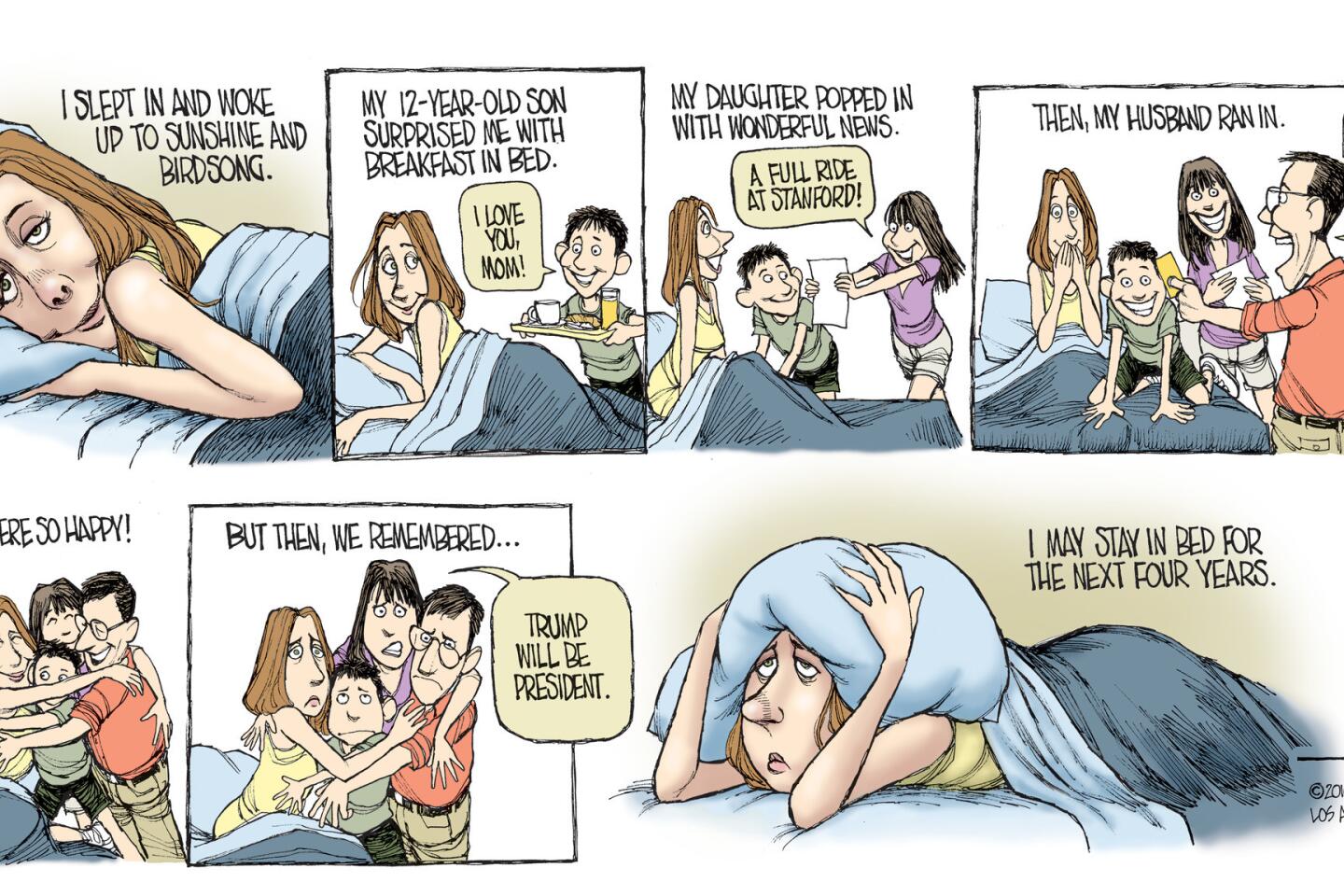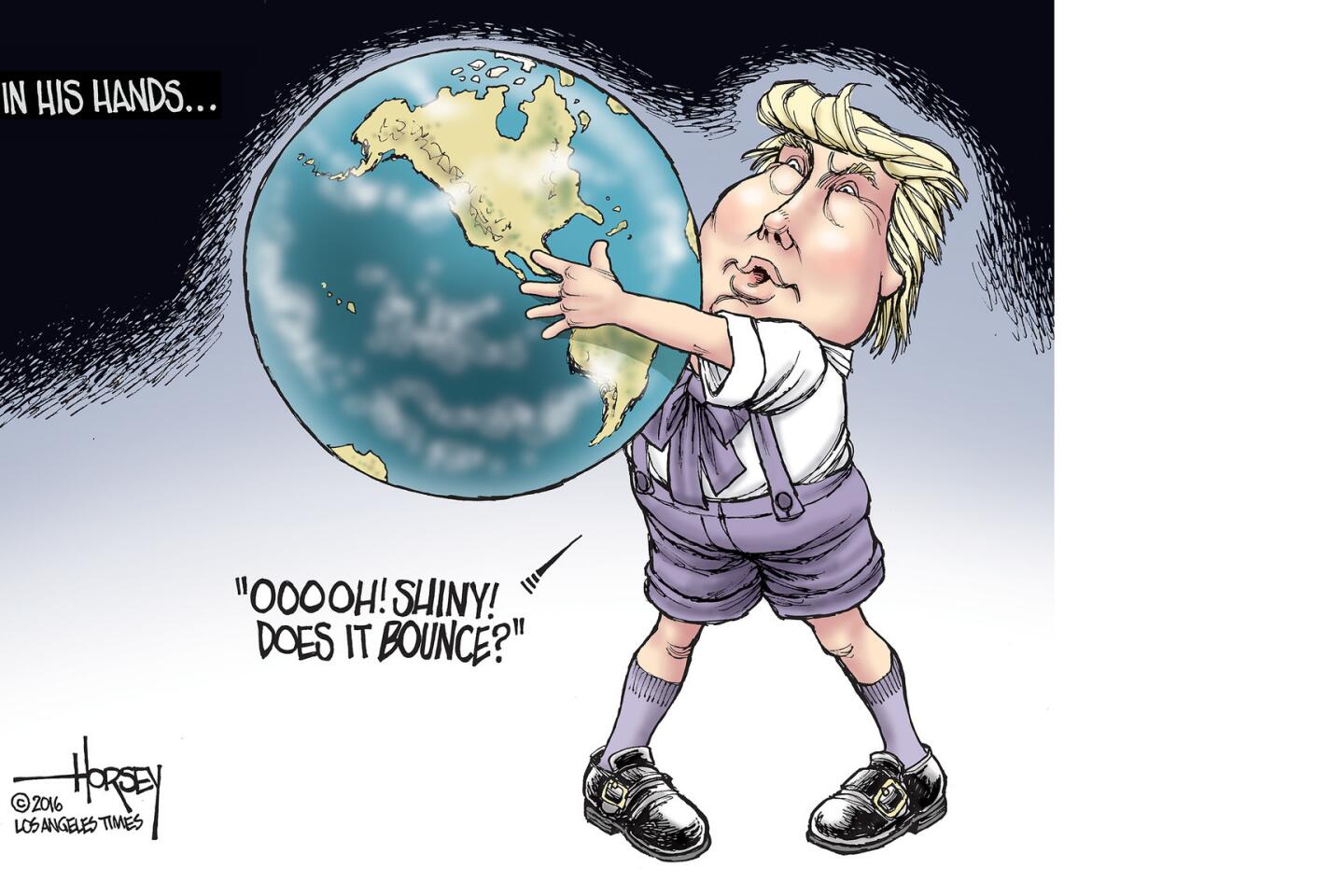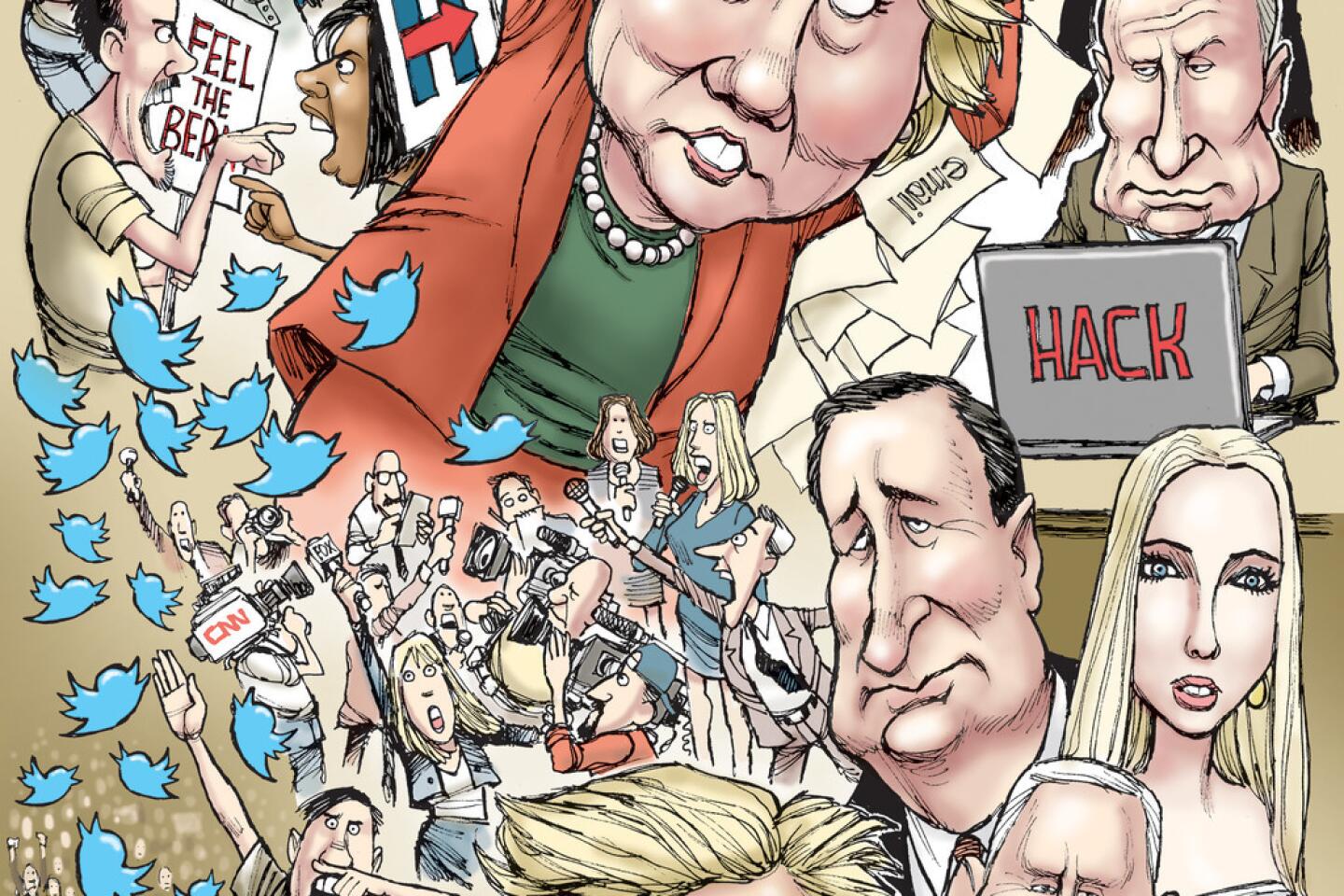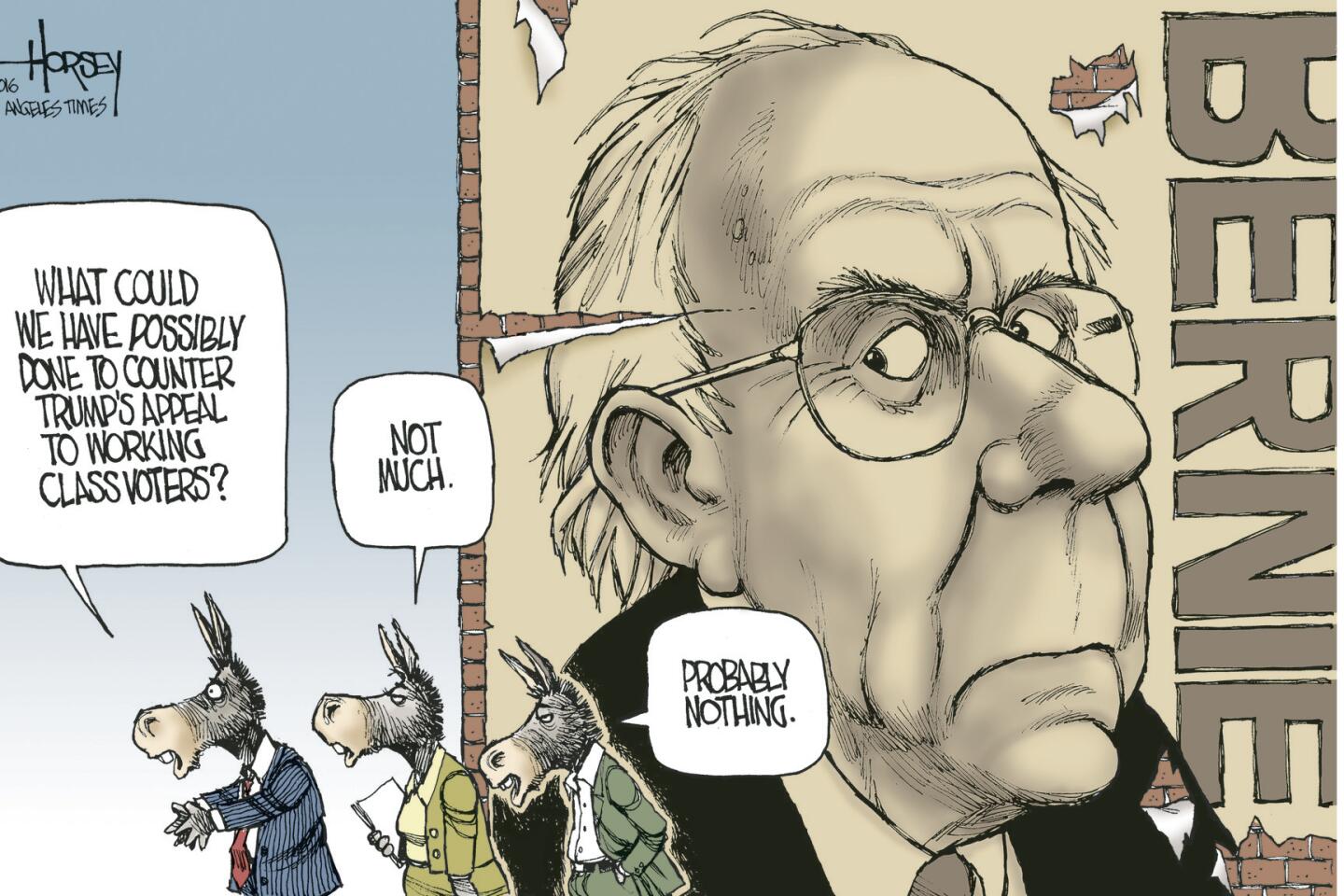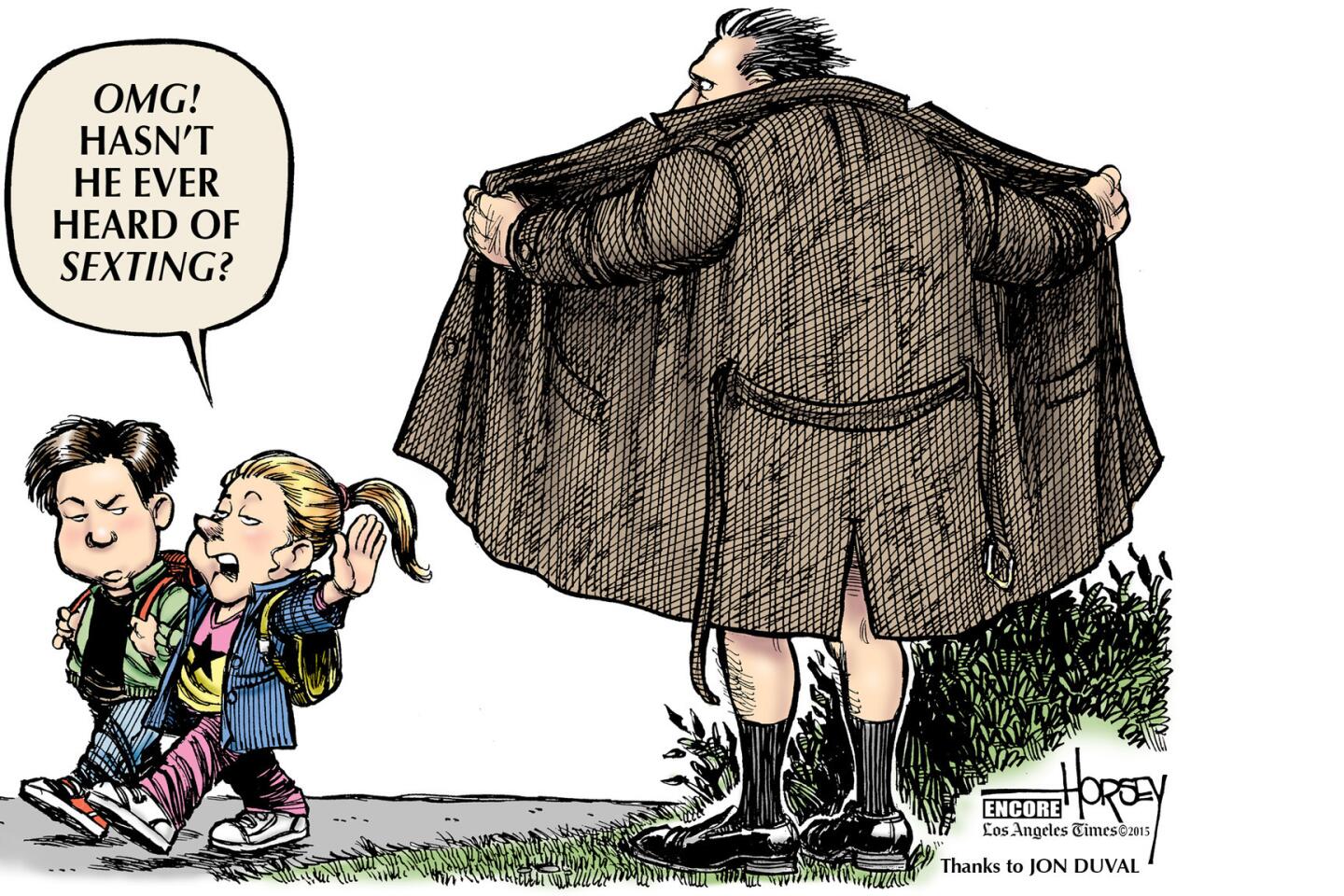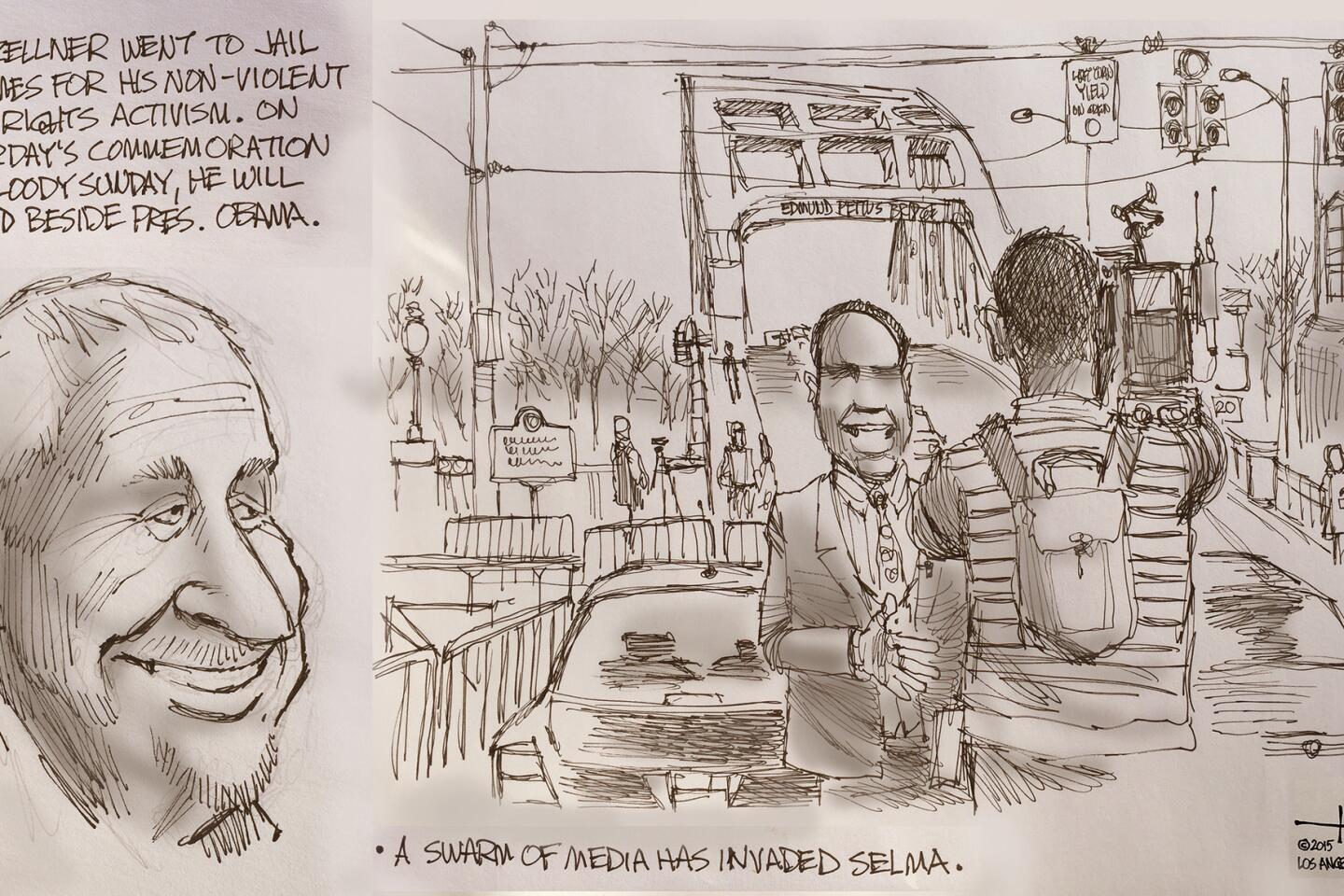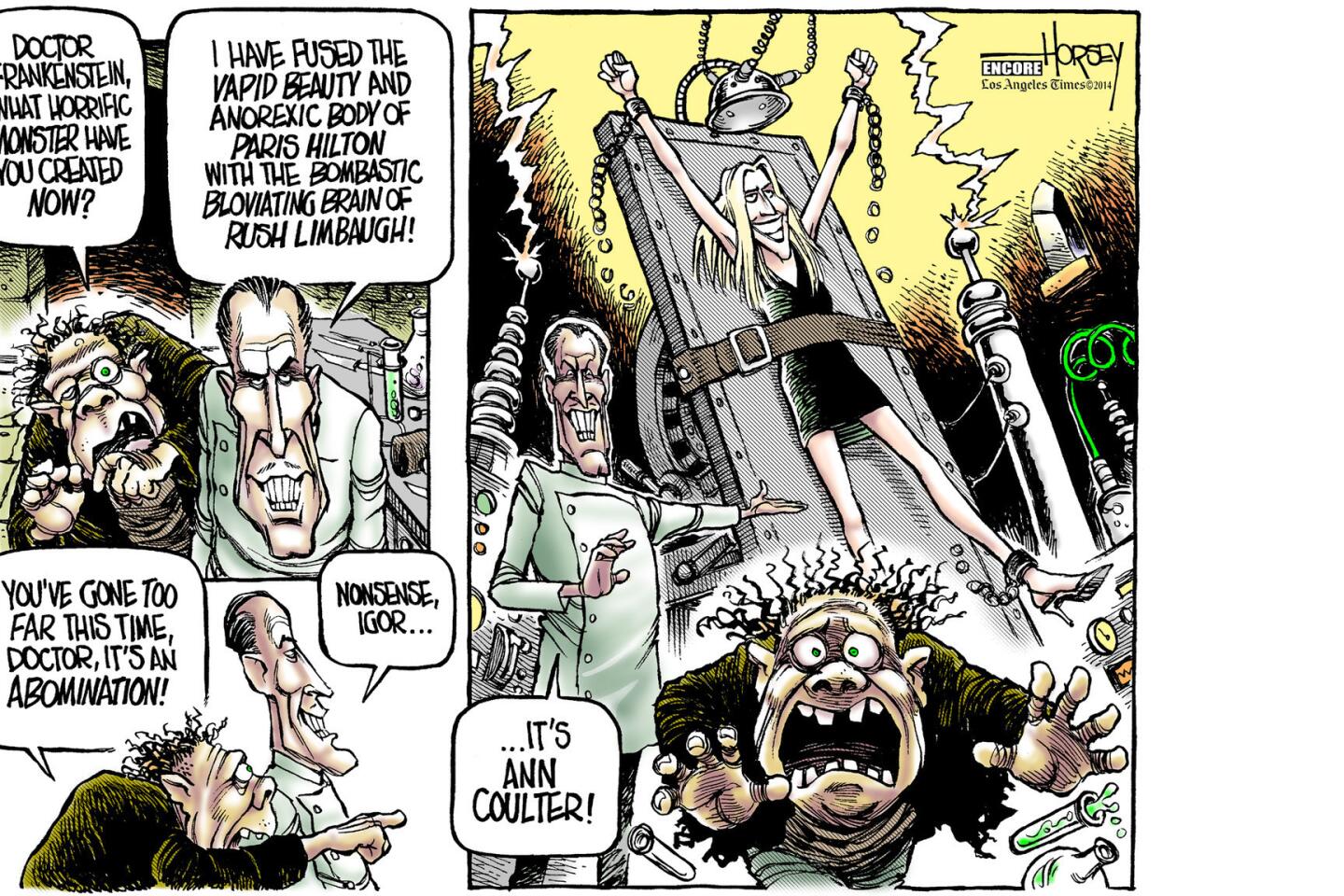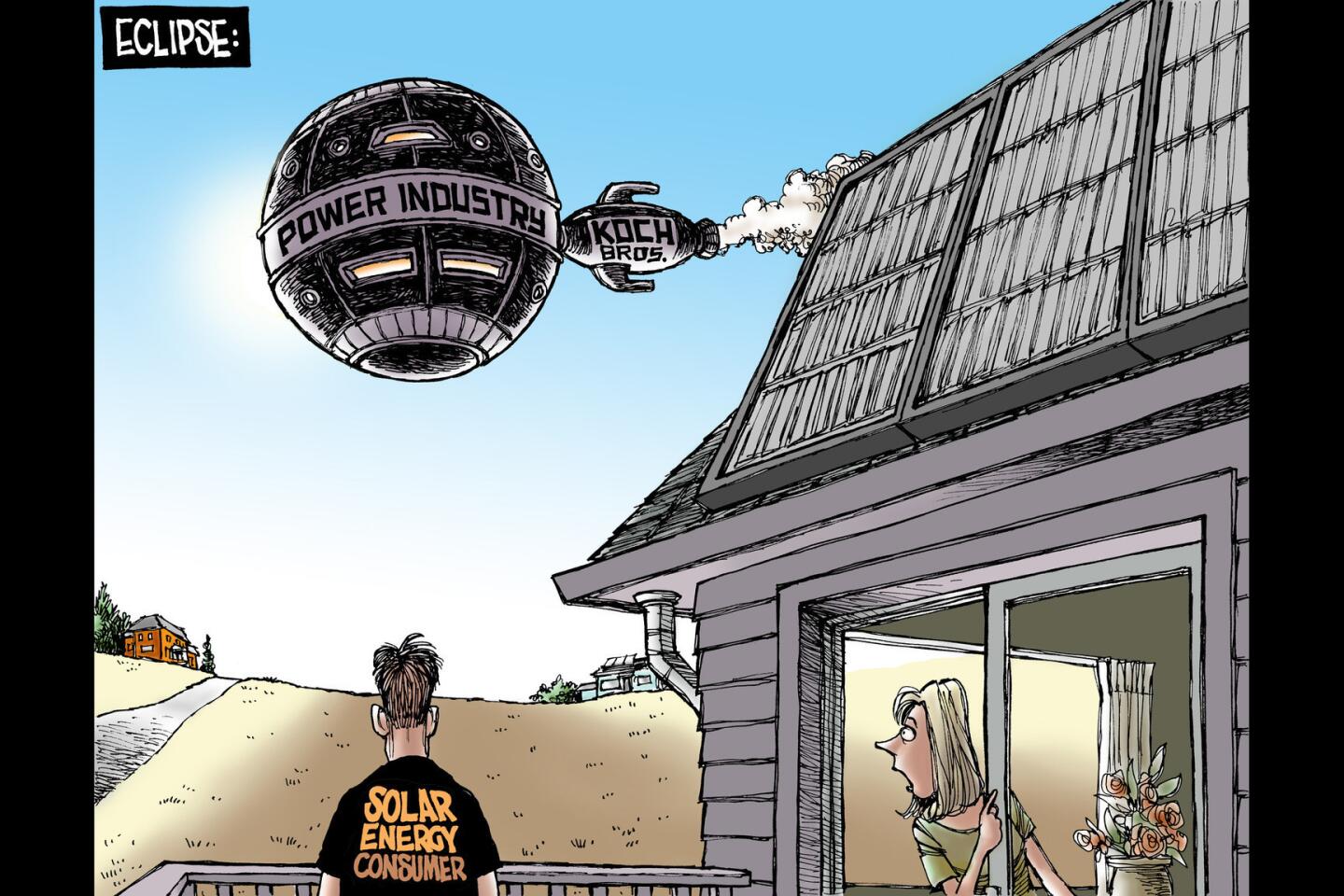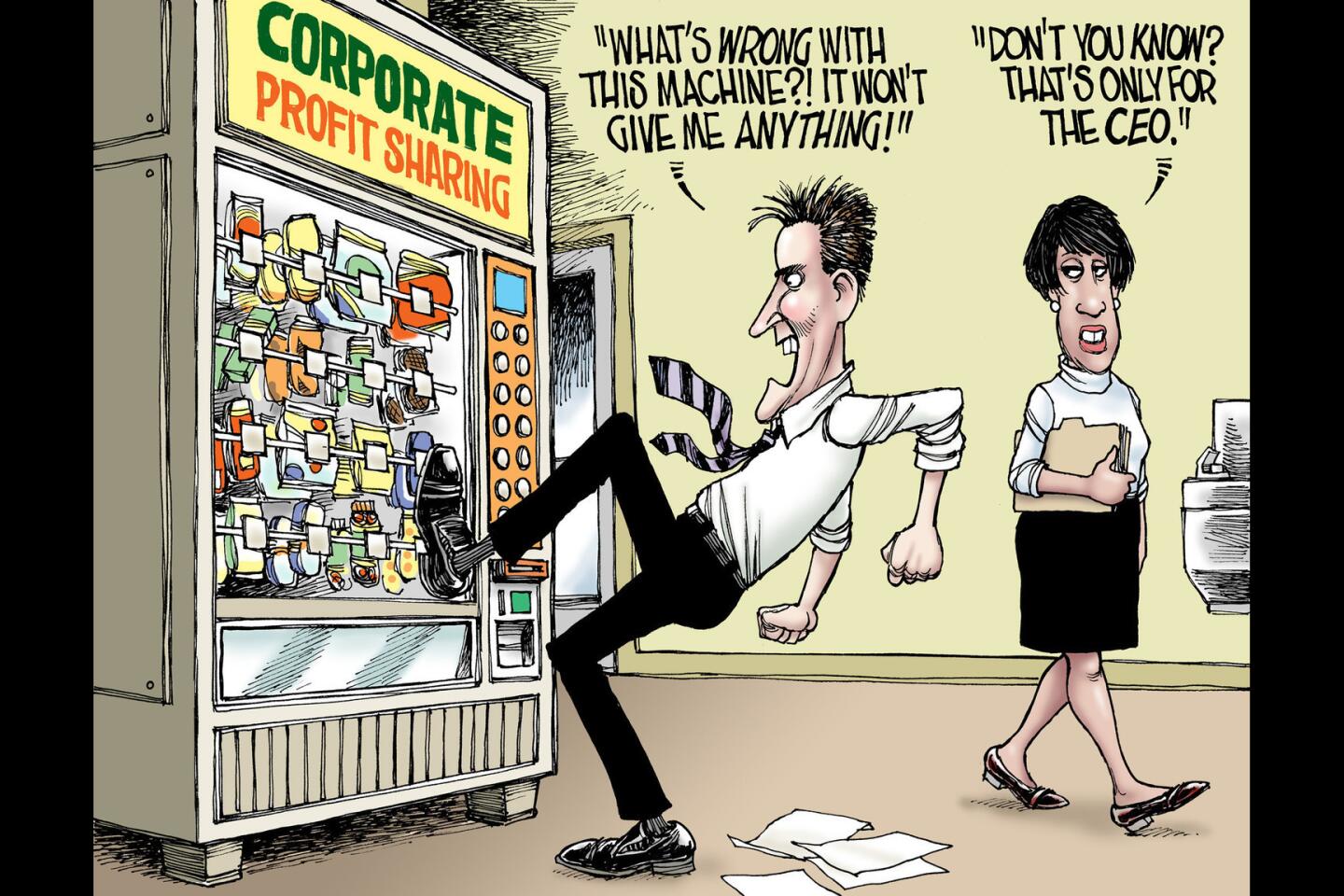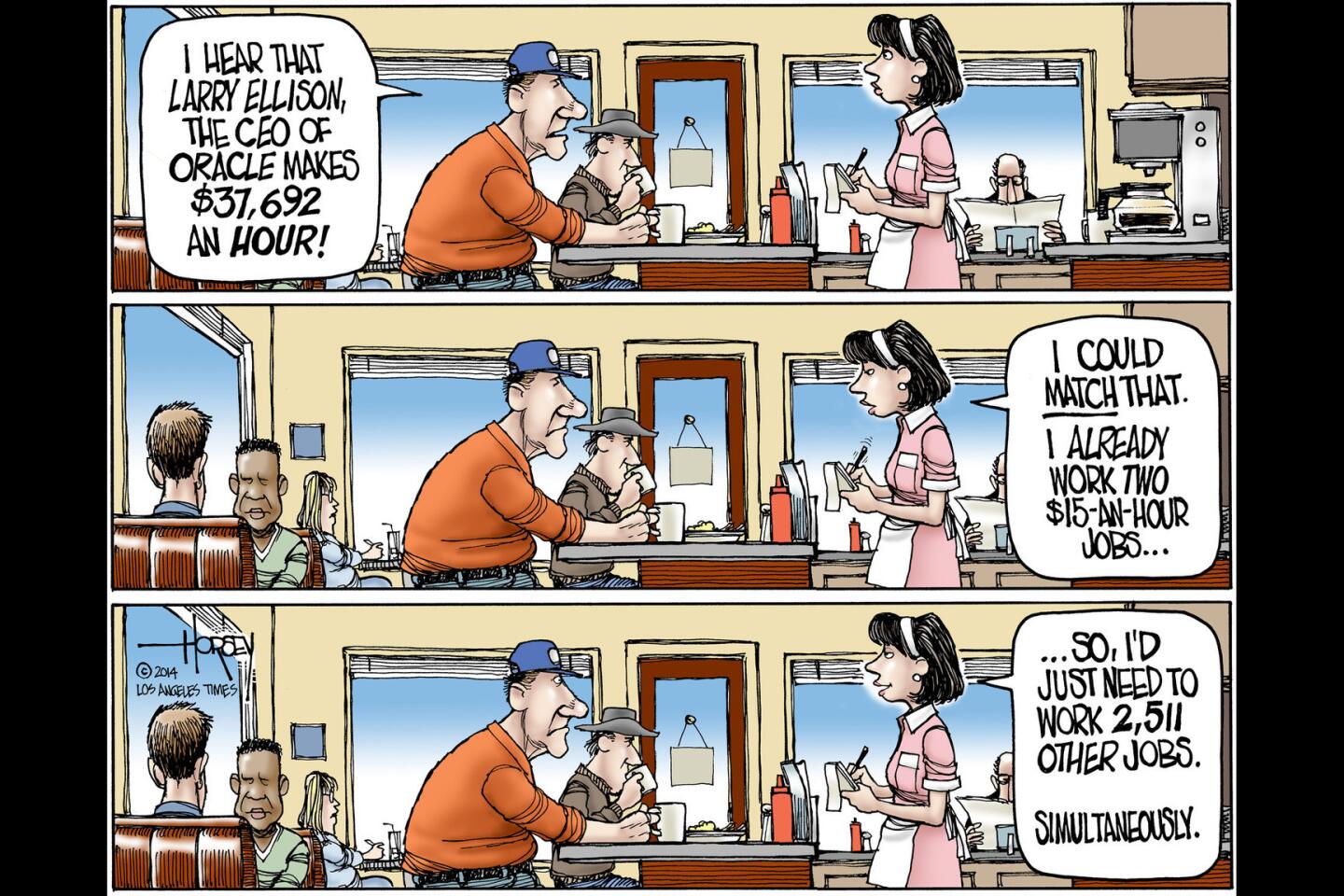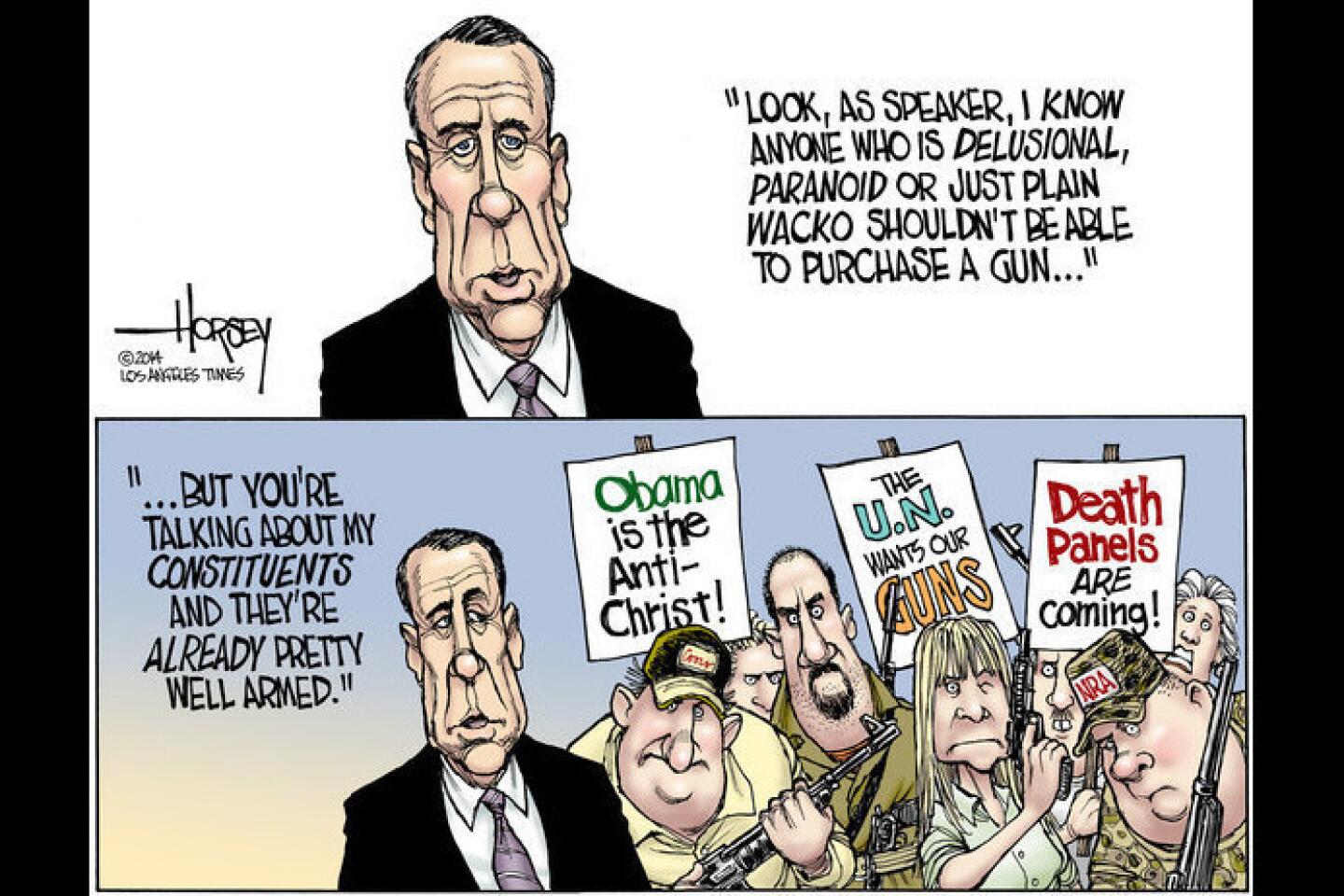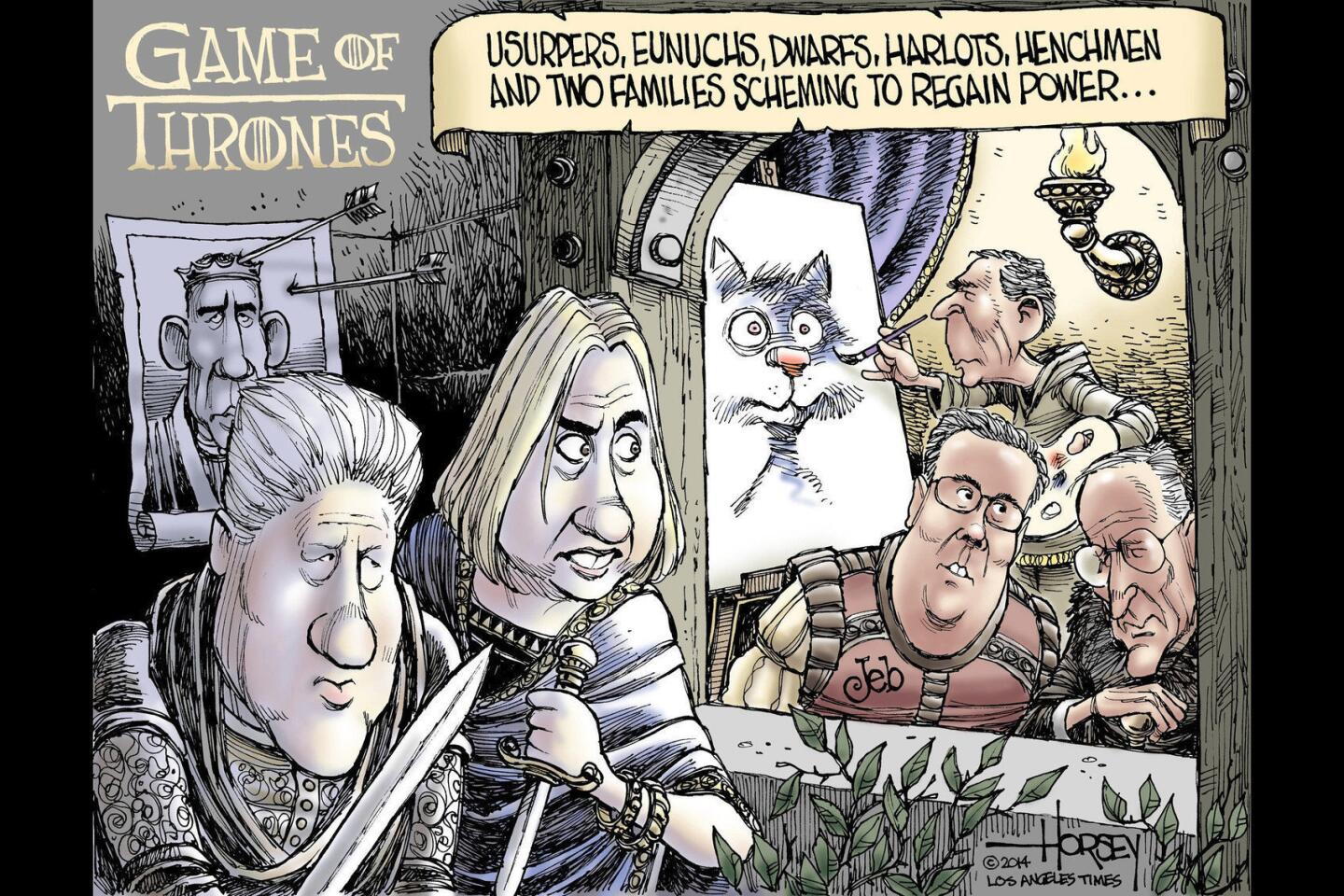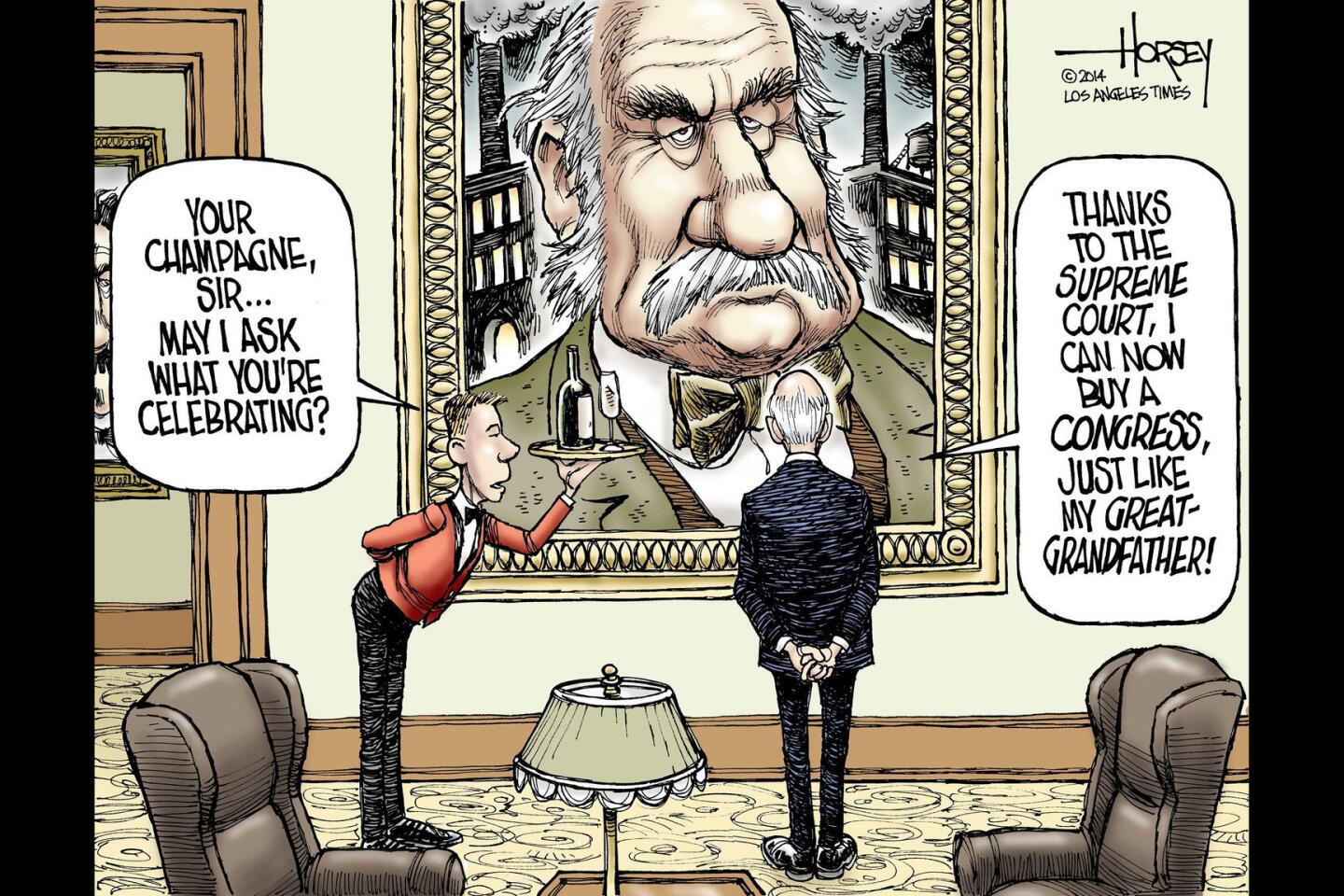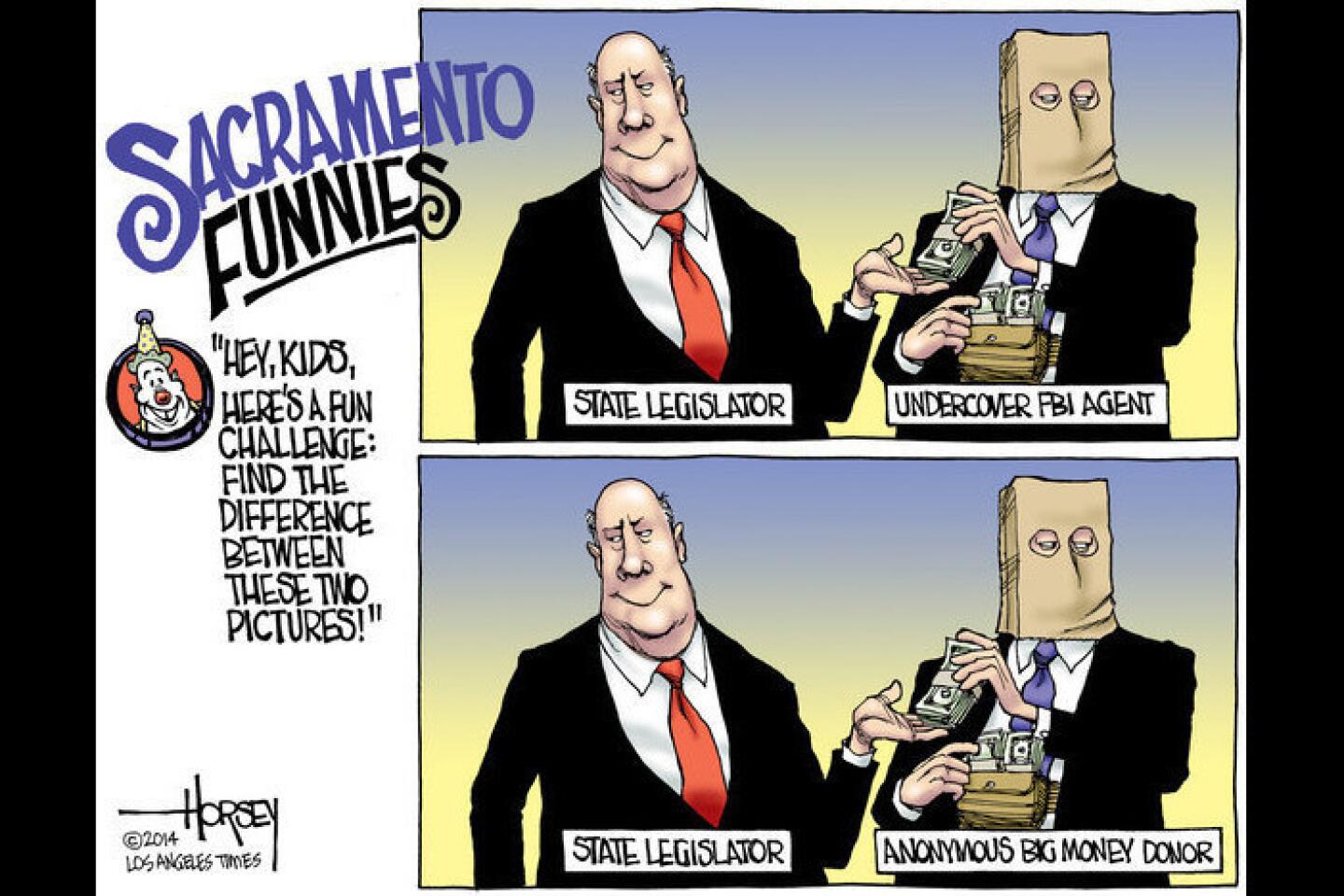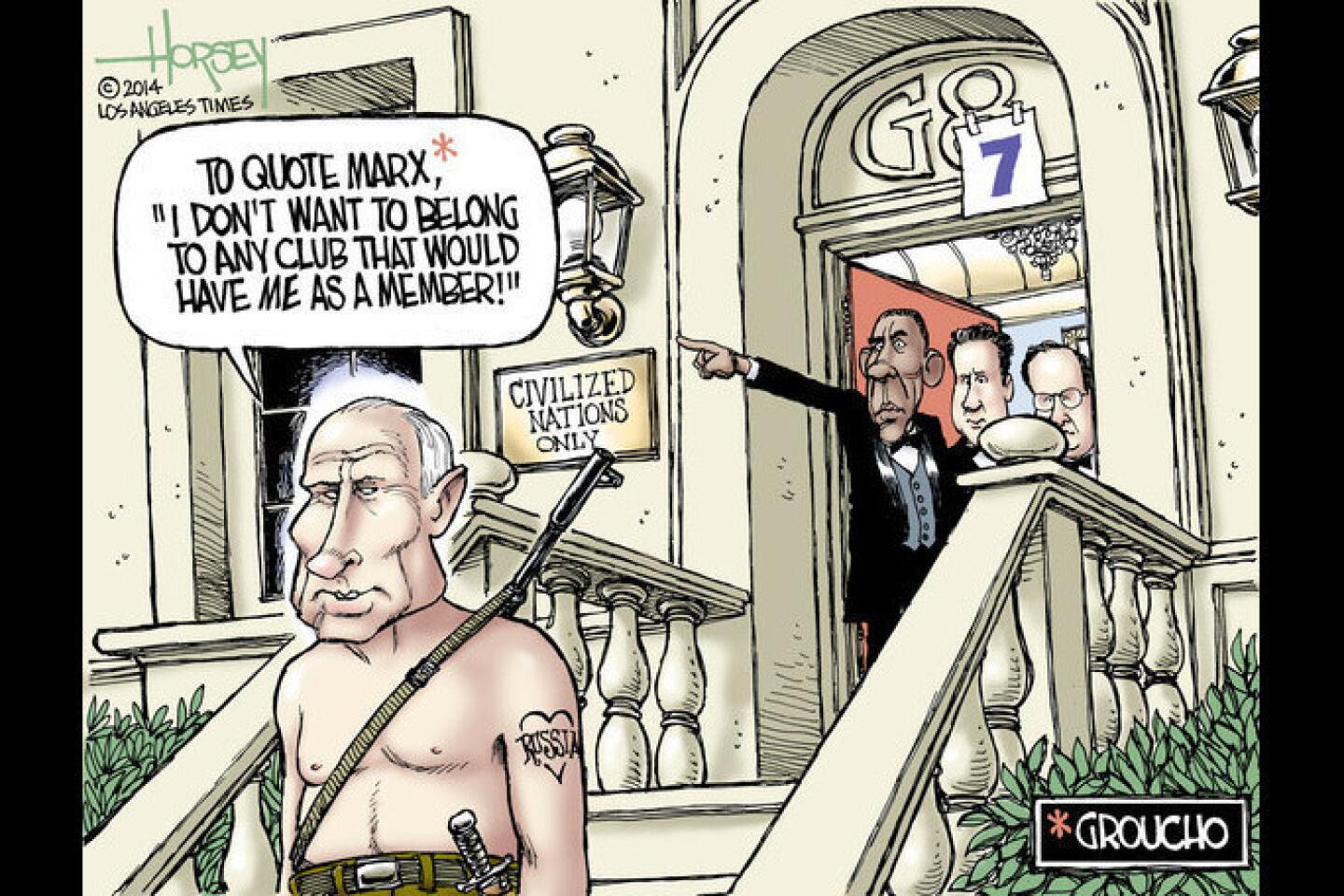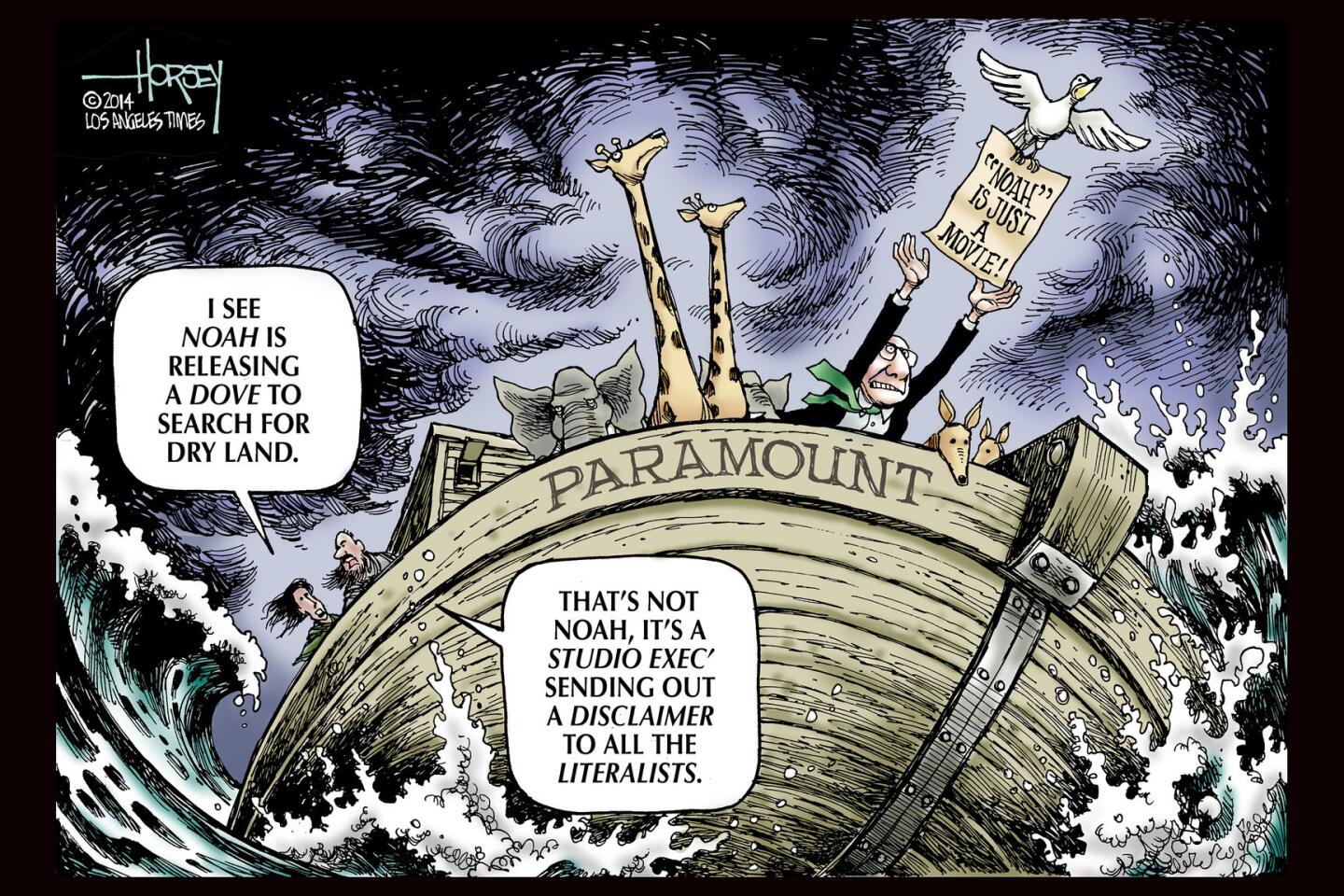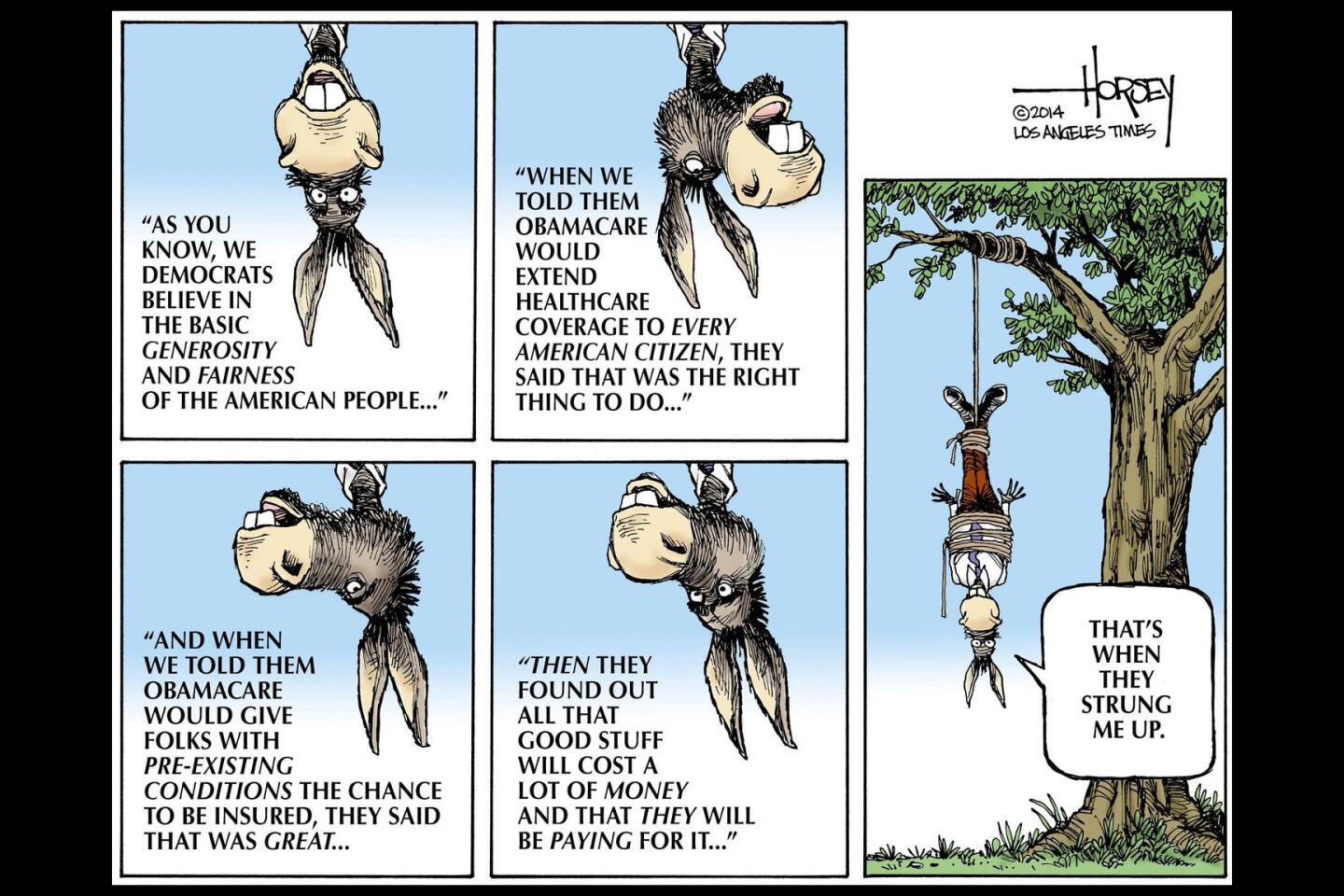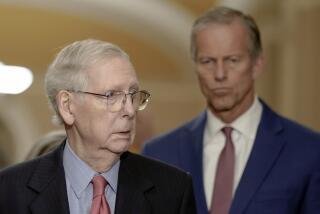In the long run, failure to repeal Obamacare may not hurt Republicans
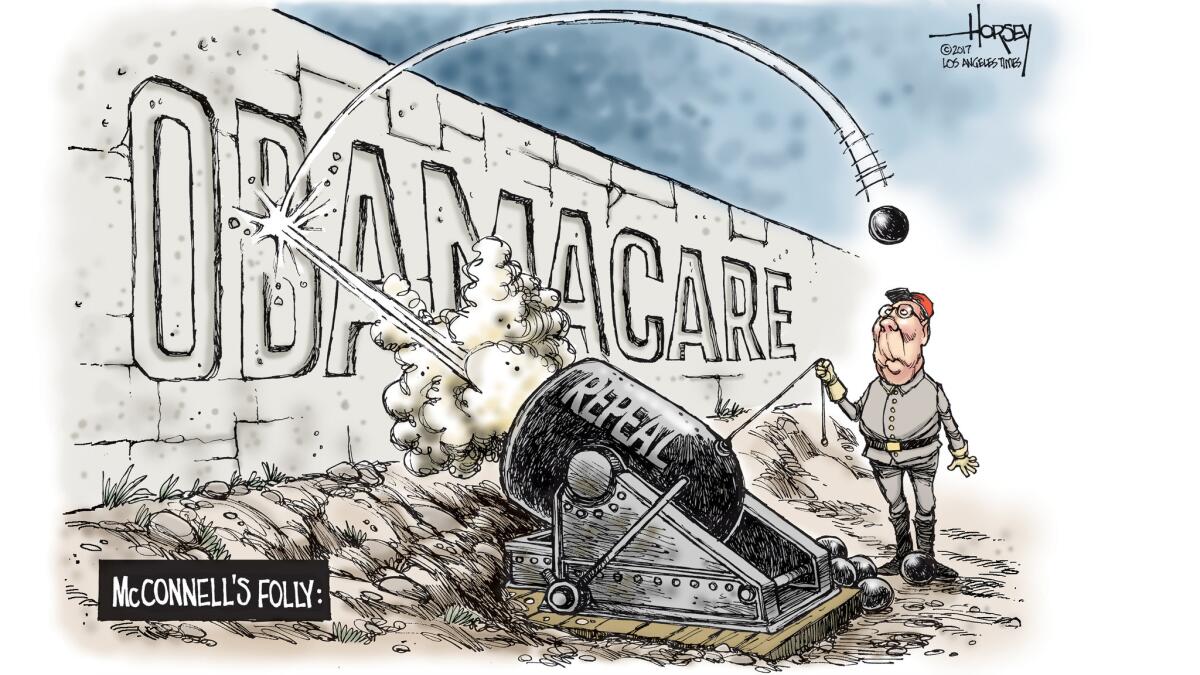
In a logical world, Senate Majority Leader Mitch McConnell and his Republican compatriots would pay a steep price for proposing a healthcare plan that, in all its iterations, has proved to be so hugely unpopular. But politics is not ruled by logic.
Given the lack of public support, the legislation should have been doomed from the start. Nevertheless, McConnell forged ahead until it became clear the bill pleased neither the moderate Republicans in his caucus who found it too mean-spirited — particularly the legislation’s massive cuts to Medicaid — nor hard-line conservatives who believed it preserved too many aspects of Obamacare.
Shills for the legislation, such as Vice President Mike Pence, insisted that the bill was good medicine for the republic, but some pretty serious advocacy groups in the healthcare world disagreed. They included the American Heart Assn., the March of Dimes, AARP, the American Cancer Society and the American Lung Assn. In addition, two insurance industry groups, the Blue Cross Blue Shield Assn. and America’s Health Insurance Plans, called the bill an “unworkable” contraption that “would undermine protections for those with preexisting conditions.”
Larry Levitt, an insurance market expert at the Kaiser Family Foundation told the Los Angeles Times that the bill would “move the system back to a place where healthy and sick people are treated very differently.”
Each variation in the healthcare scheme congressional Republicans threw together in the last few months received similar bad reviews. Still, they kept trying to ram something — anything — through with no public hearings and no attempt to attract the votes of the many Democrats who recognize the shortcomings of the Affordable Care Act, a.k.a. Obamacare. Even now, with little hope of being able to round up enough votes, McConnell insists that he will push for a vote on a simpler idea: repeal of Obamacare with no replacement determined.
Have the Republicans made themselves easy targets in the 2018 congressional elections by proposing changes to healthcare that most people despise? In the short run, they do look like callous, inept Scrooges, but there are three reasons they may not pay a price for their machinations down the line.
First, the vast majority of Republican House members represent districts that have been successfully gerrymandered into solid havens of conservatism, while most GOP senators come from red states where repealing Obamacare remains a popular, if poorly understood, idea.
Second, poor people are not a Republican constituency. The GOP’s most fervent voters are those who lean toward the idea that the wealthy deserve to keep what they have and that those who are down on their luck probably brought it on themselves and need to learn some tough life lessons.
Third, the elderly and working-class voters who support Republicans but who would be hit hard by the GOP healthcare cuts have proved to be gullible folk who vote against their own interests in election after election. Republicans know how to stir up these people with scary stories about immigrants and terrorists and big government, and they are sure to do it again in 2018 with the help of Fox News, Rush Limbaugh and money from the Koch brothers.
The GOP’s inability to deliver on its big campaign promise to junk the Affordable Care Act has a big upside. Republicans can continue to flog Obamacare as a campaign issue without having to answer for the devastating effects their own healthcare bill would have had. Failure to repeal Obamacare may actually turn out to be the best thing that could have happened to them.
Follow me at @davidhorsey on Twitter
MORE FROM THE OPINION SECTION
With Obamacare repeal off the table, will Republicans start trying to actually improve healthcare?
Bill Nye on the terrifying ascendancy of American ‘dingbatitude’
I’ve chronicled 23 years of unrelenting change in The Times. This is my last weekly column
More to Read
A cure for the common opinion
Get thought-provoking perspectives with our weekly newsletter.
You may occasionally receive promotional content from the Los Angeles Times.
